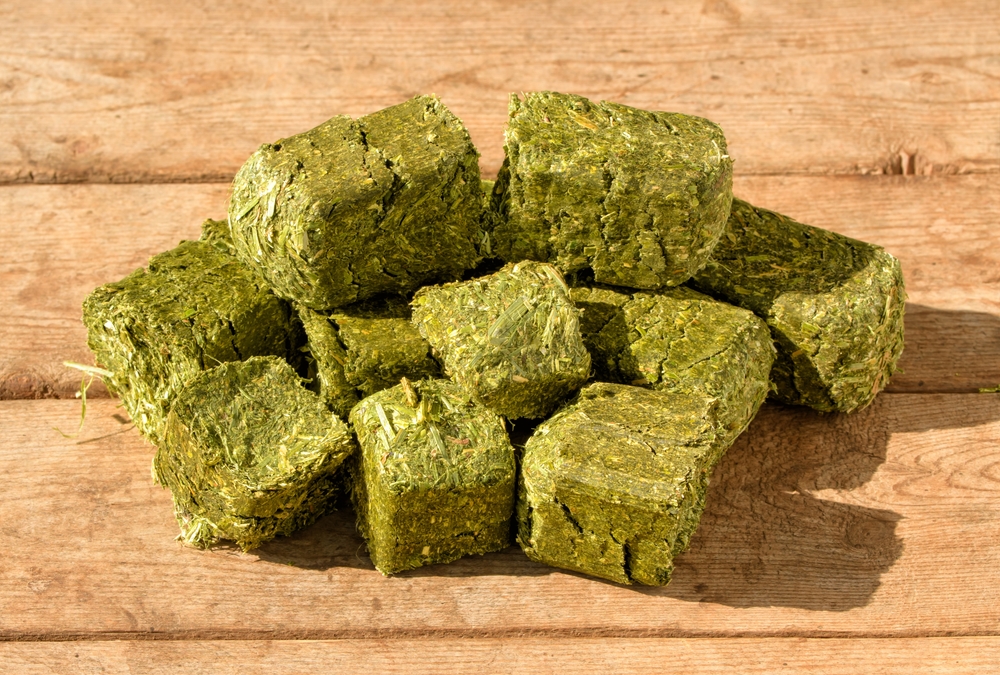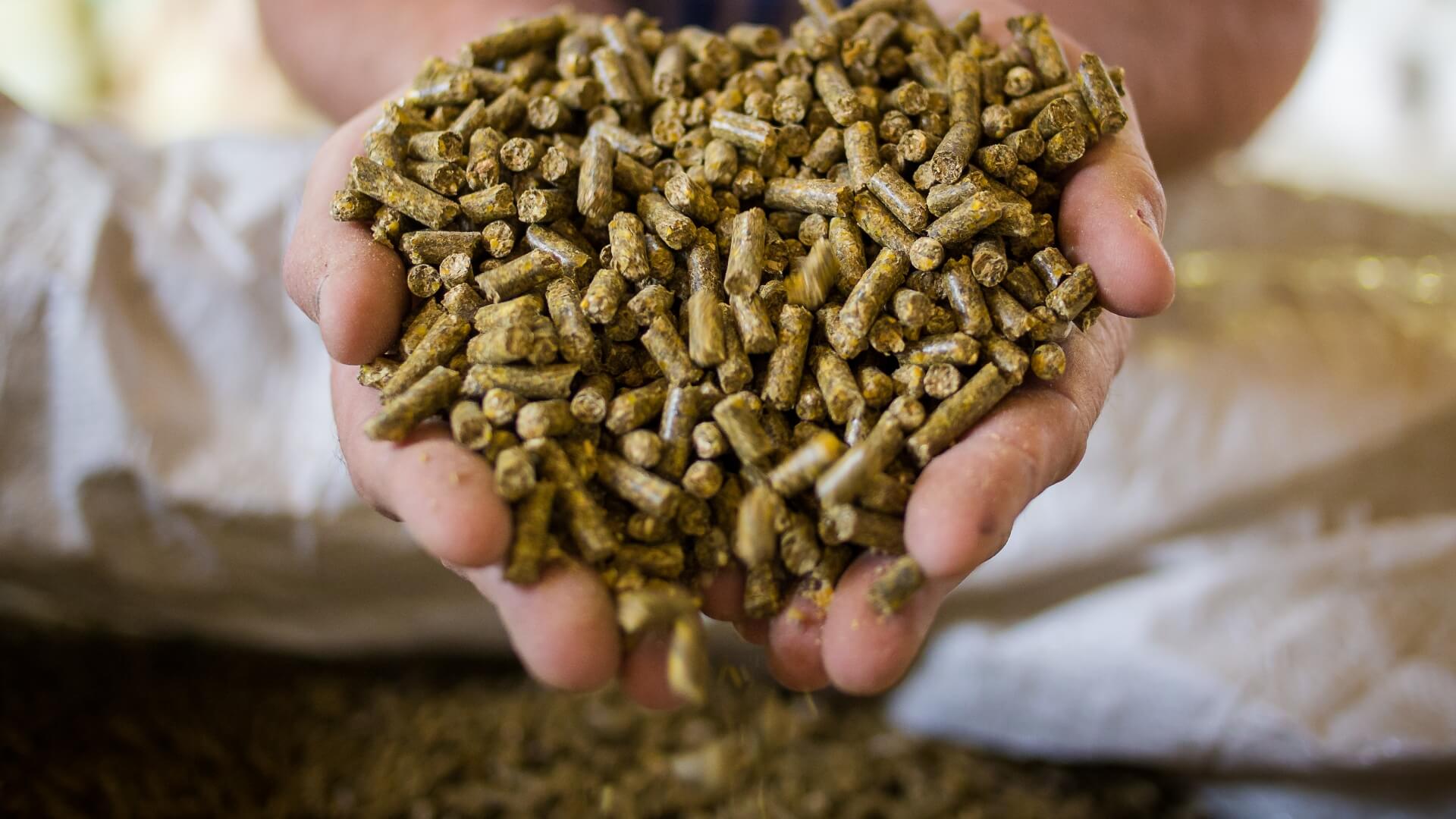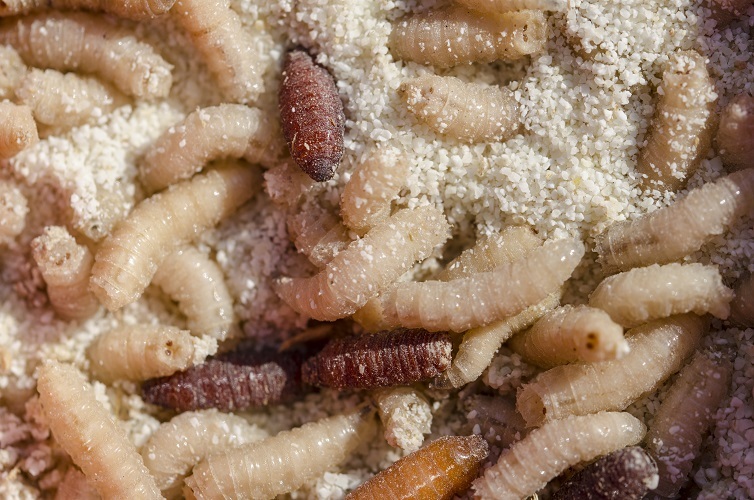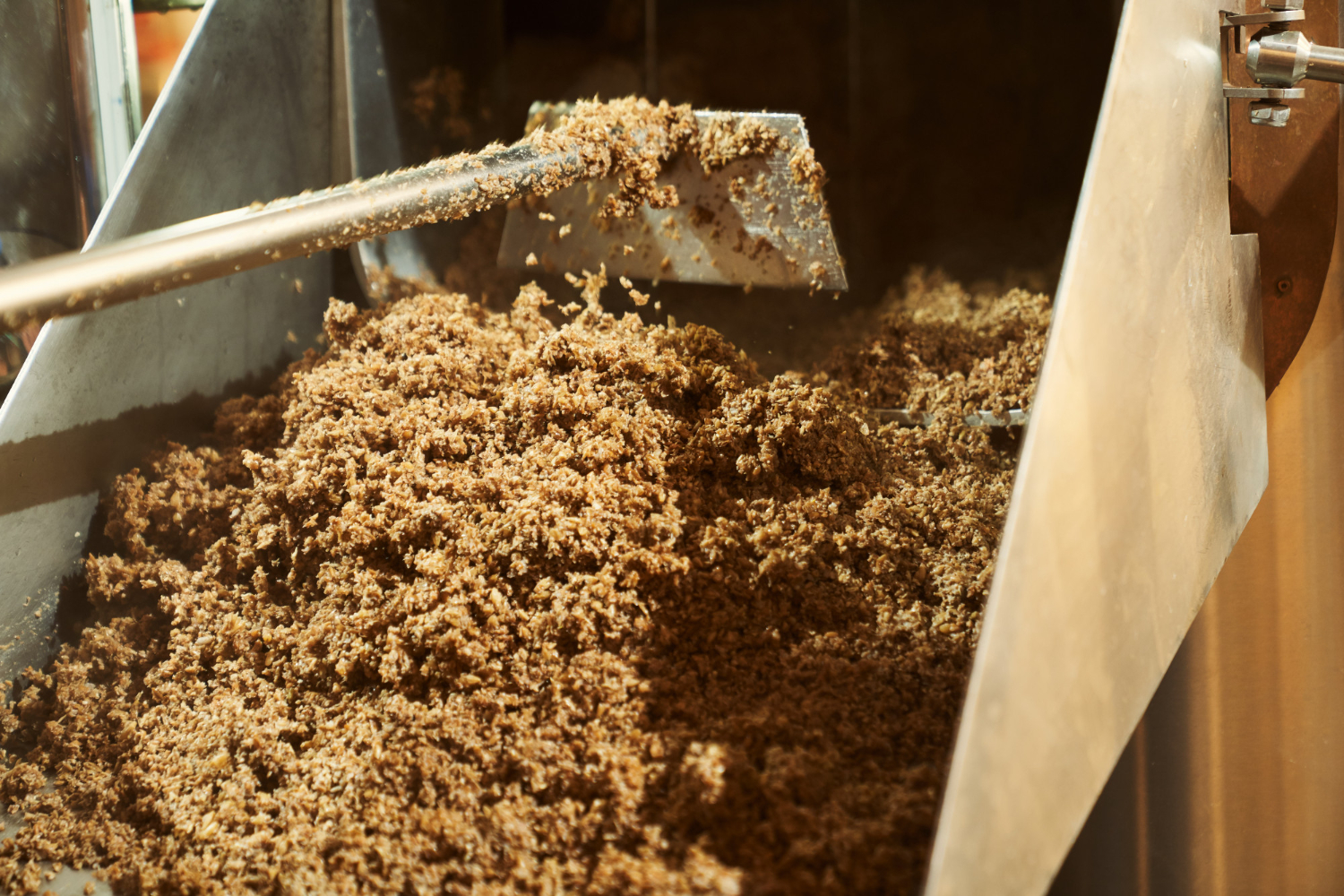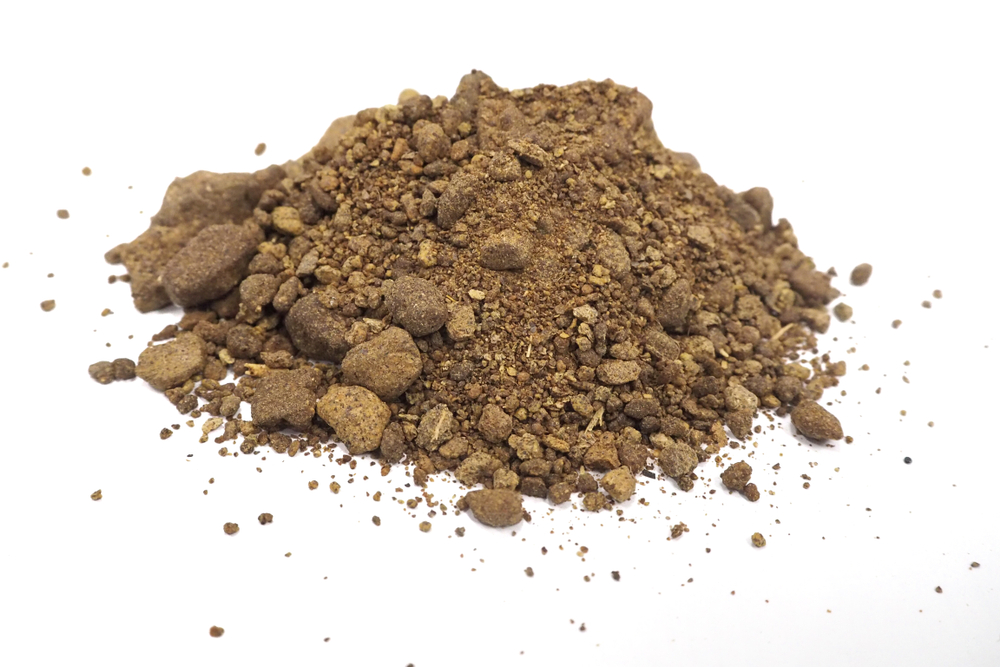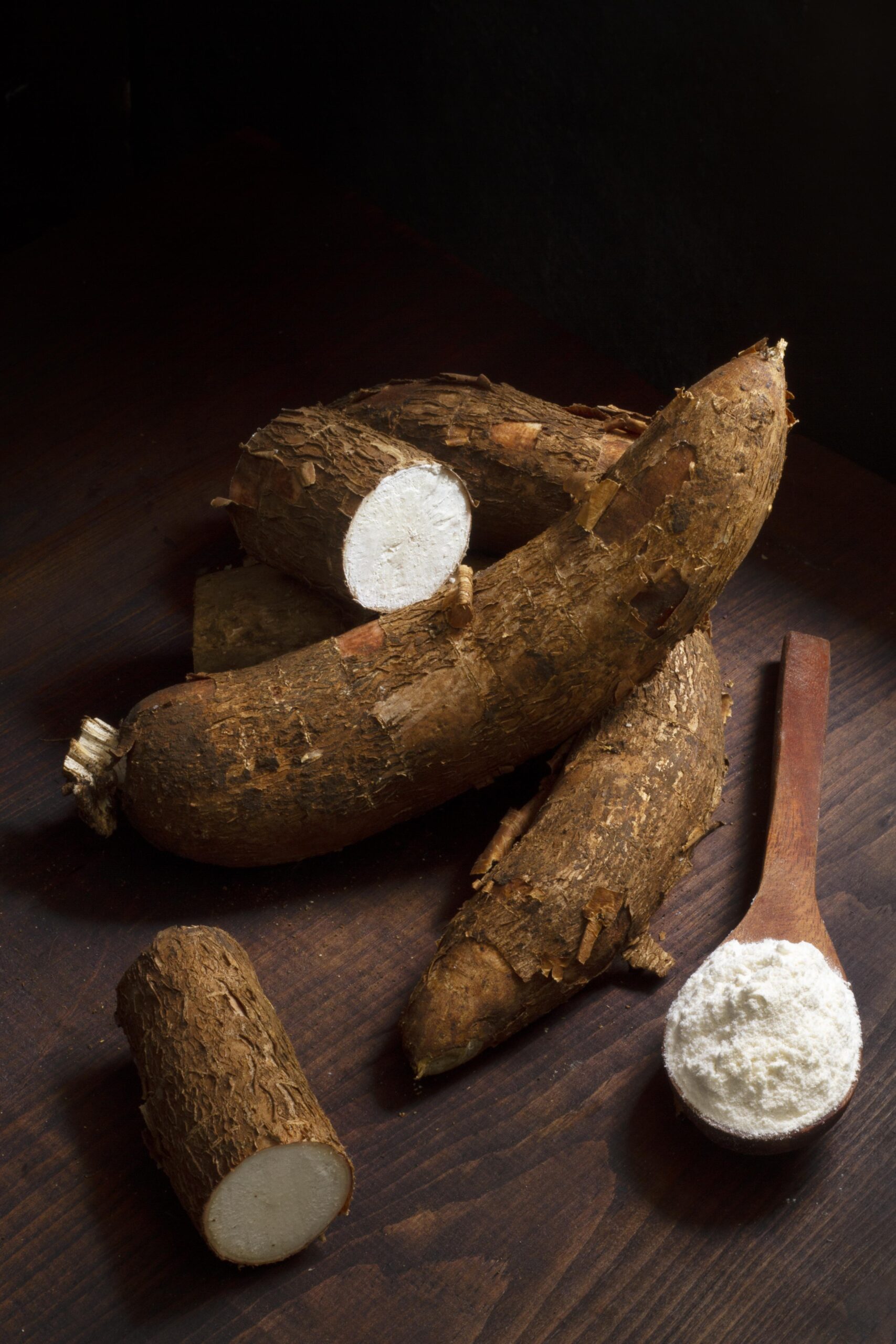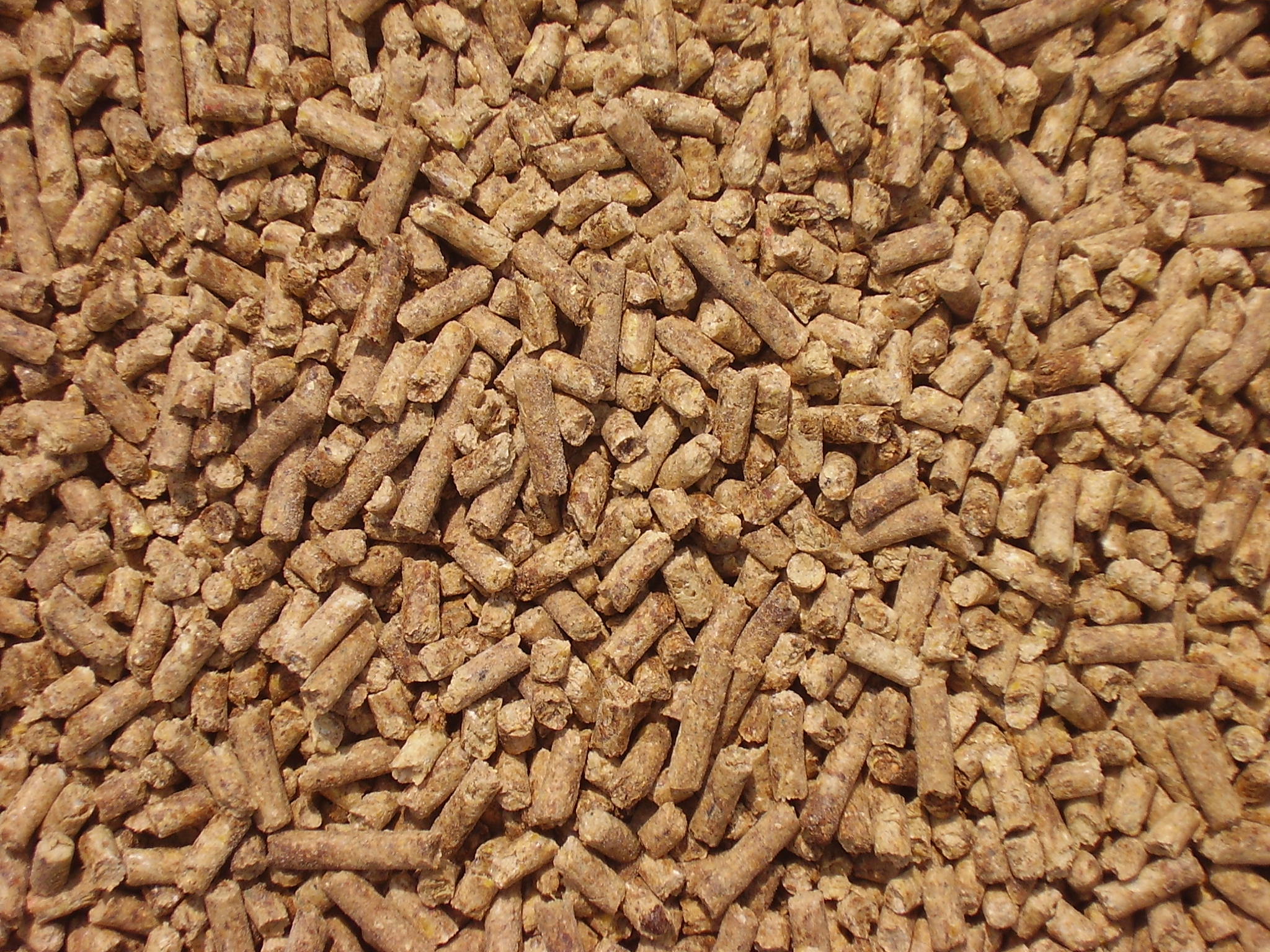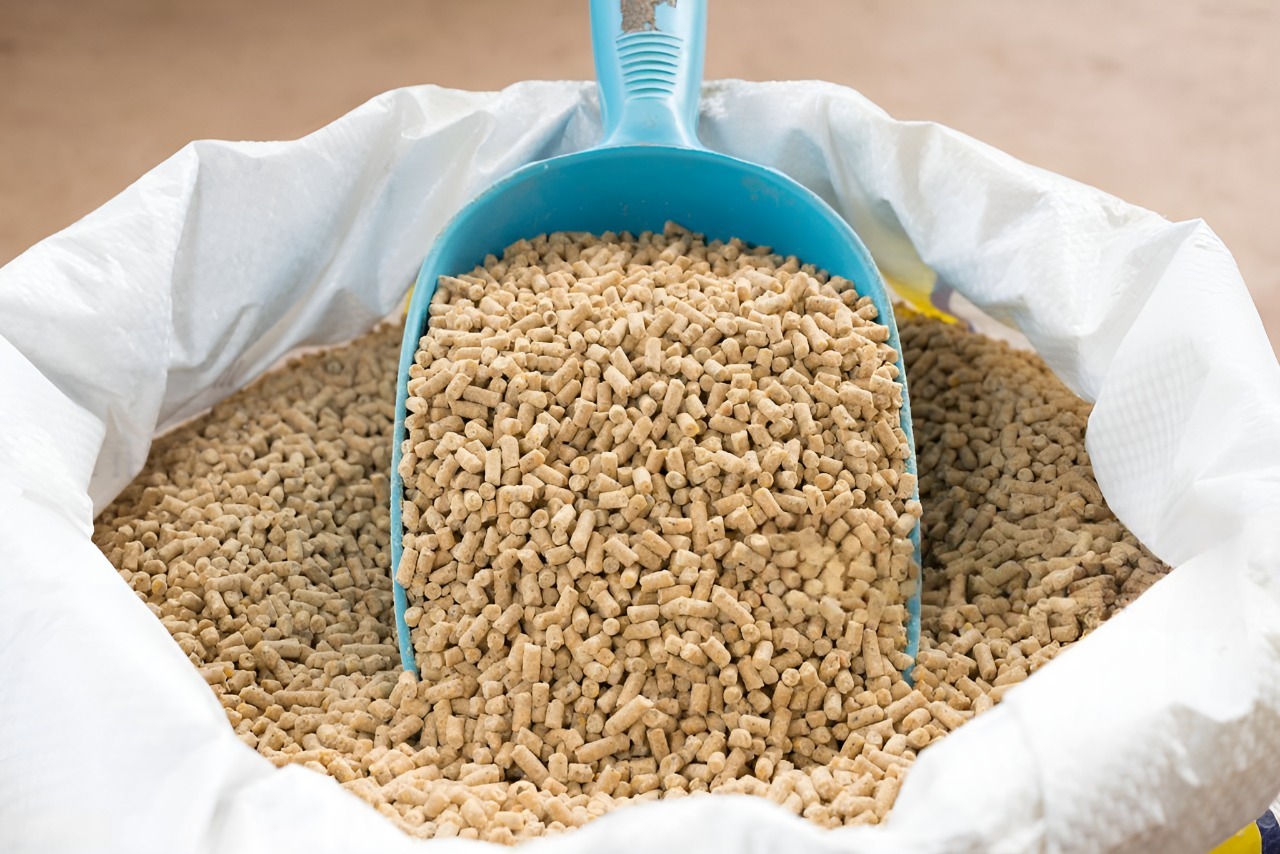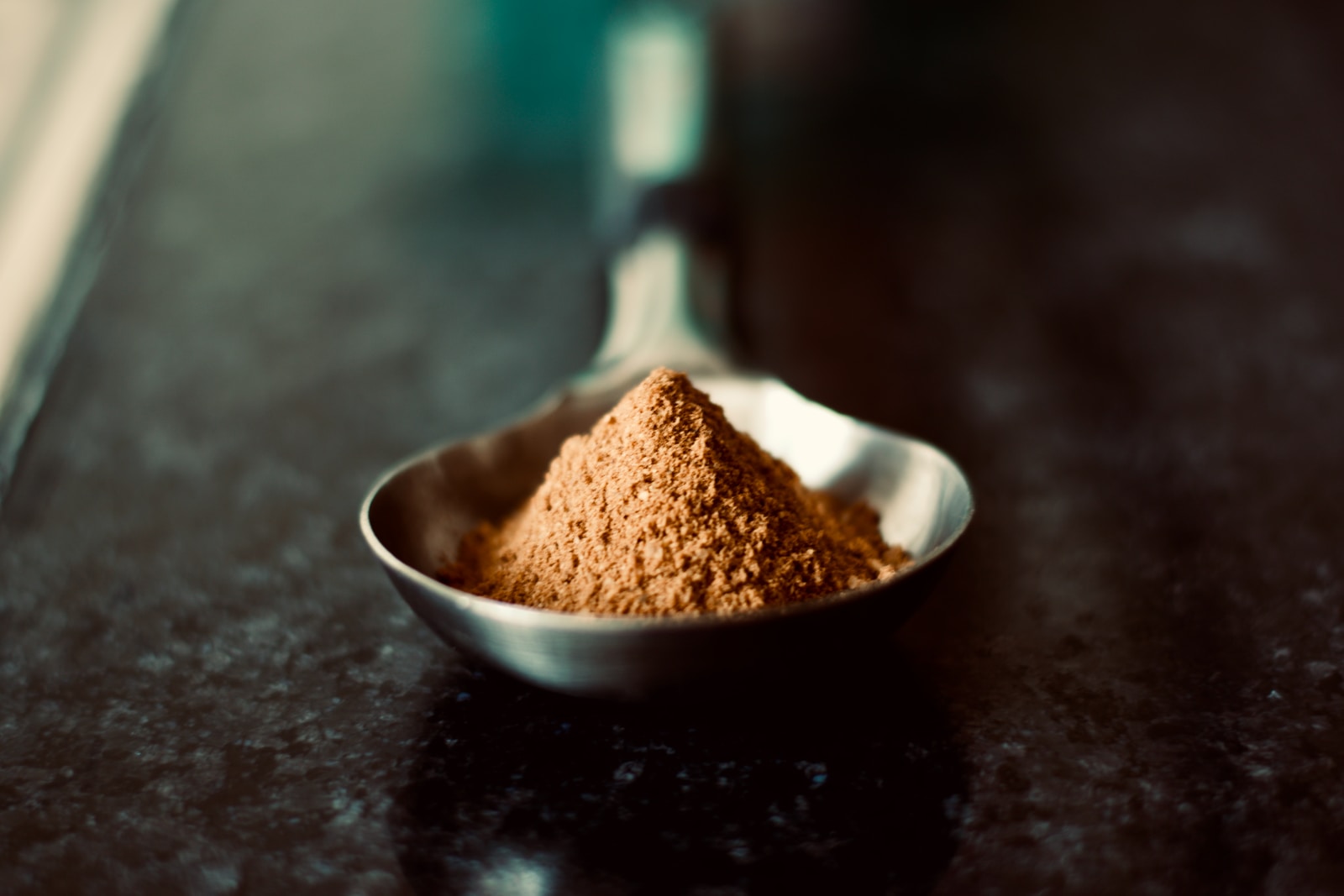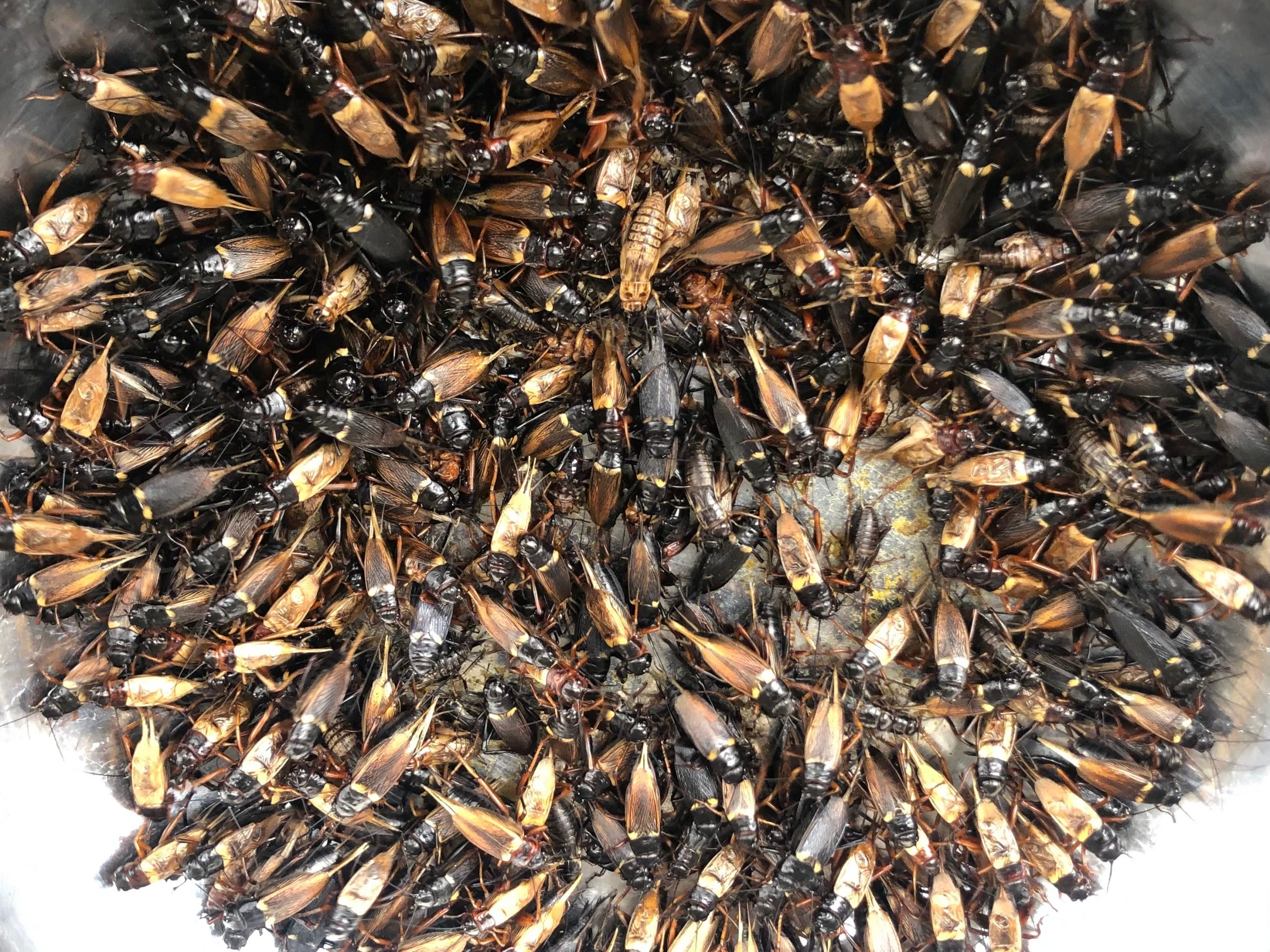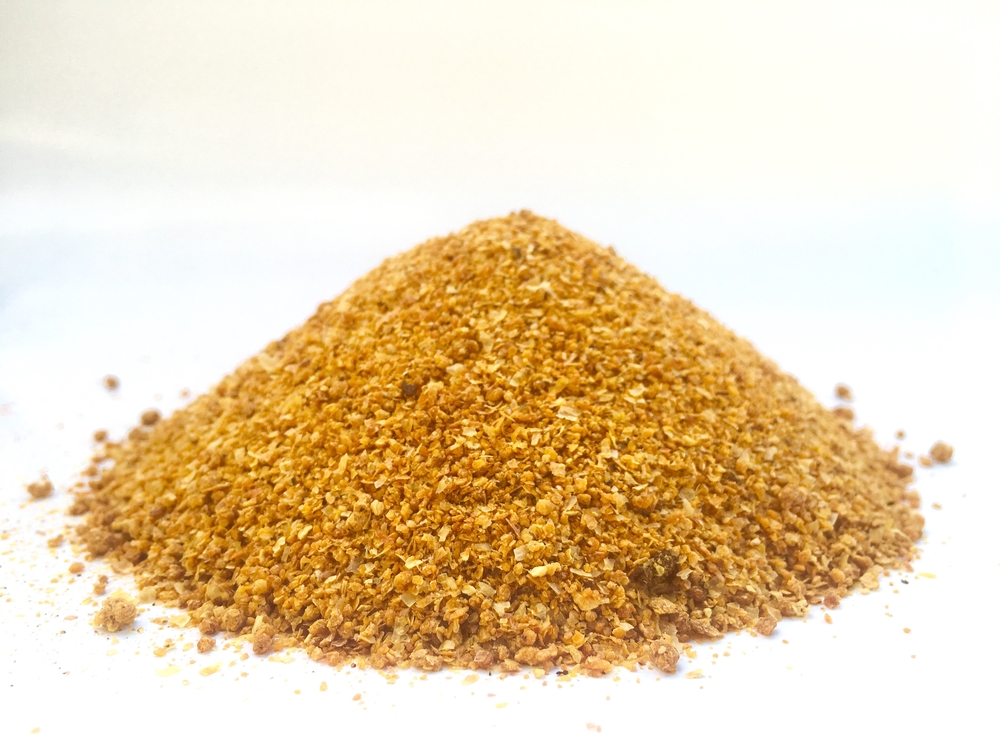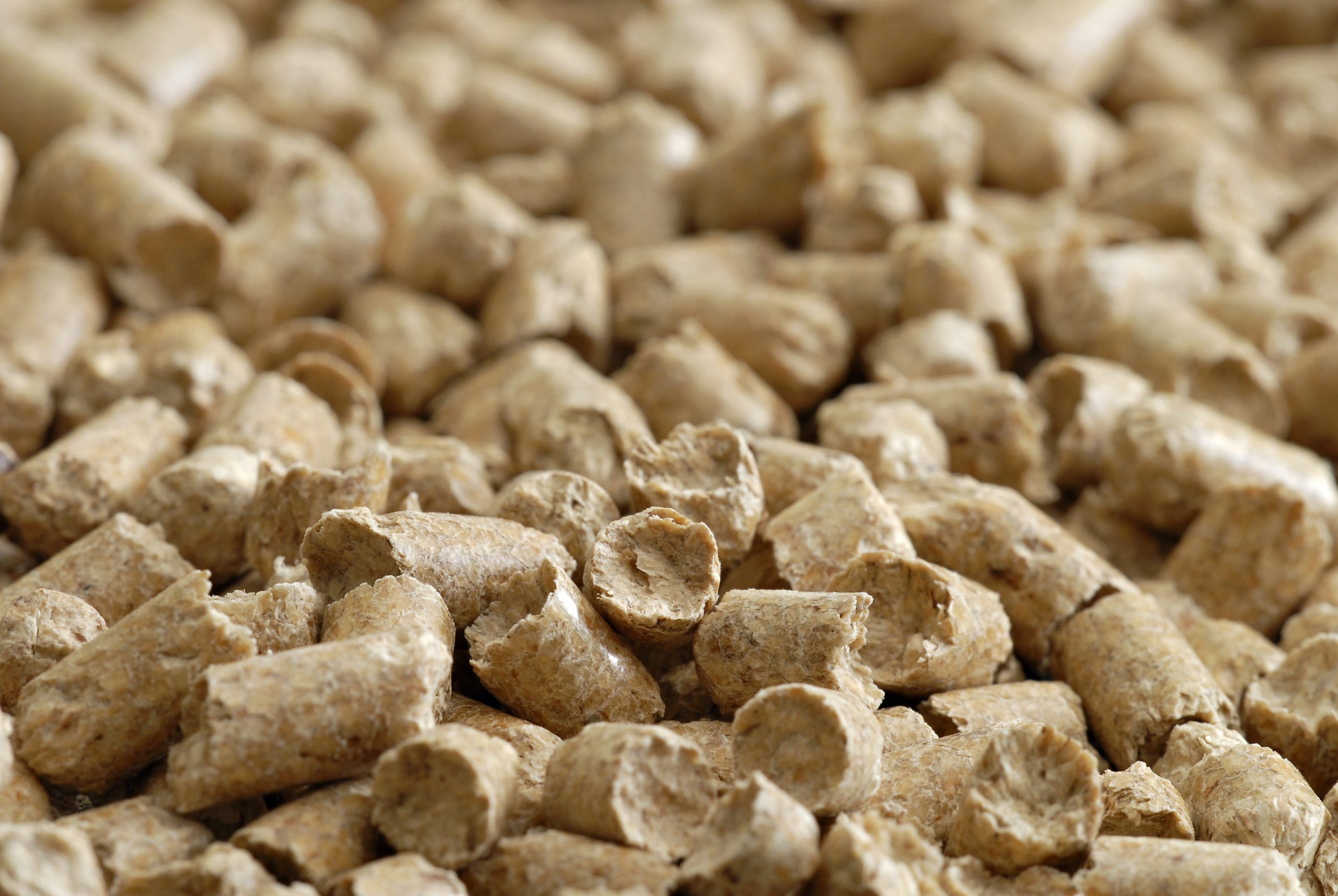
Feed Mixing Equipment
Find production technology for mixing feed, and connect directly with leading machine manufacturers worldwide.
In the animal feed industry, nutritionists make the formulas with the available ingredients, depending on the animal to be fed and its production stage. The formulated ingredients are mixed in different processes. However, there is a separate mixing process for the homogenous blending of the ground ingredients (macro and micro) and the liquids that come directly into the feed mixer.
High-quality pellets start with a homogeneous mixing process
Feed mixing equipment is key to obtaining a homogenous blend of the nutrients in the formulations. But apart from producing balanced nutritional values, mixing plays a significant role in the quality of feed pellets.
The ingredients that go into the feed products must be combined uniformly before they are transferred to extrusion and pelleting. Uneven mixing results in pellets of irregular consistency.
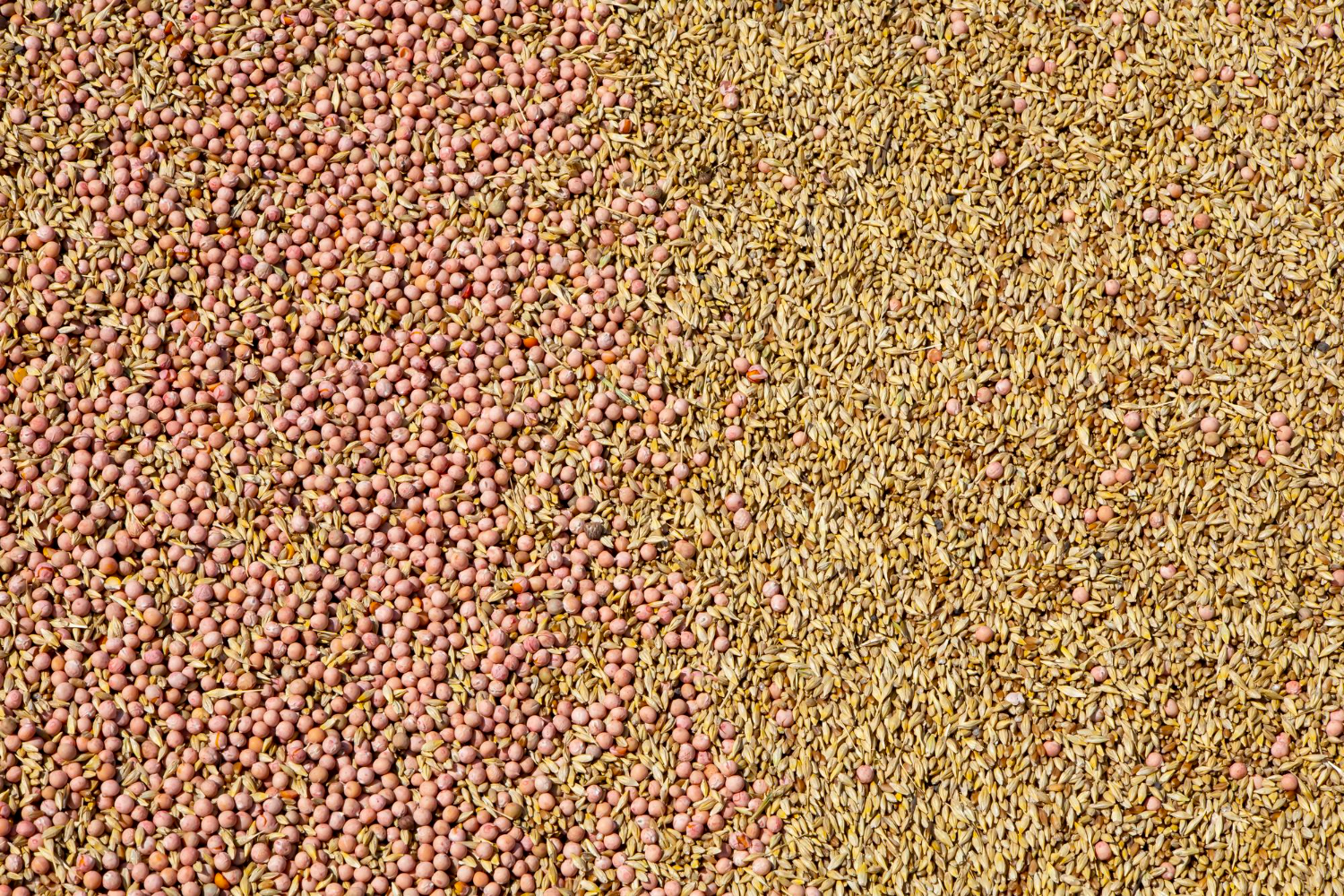
Macro ingredients go first in the feed mixing equipment
The sequence of processing in the mixer is critical to achieving an optimal mix, and components must be added in the correct order. The standard rule goes from large to small and from dry to liquids.
Start with the macro ingredients, which are ordinarily pre-ground and blended in the milling process. Then mix in the minor and micro-ingredients such as minerals, vitamins, additives, and premixes. After the mix is achieved, liquids like molasses, amino acids, and fats are ready to be incorporated.
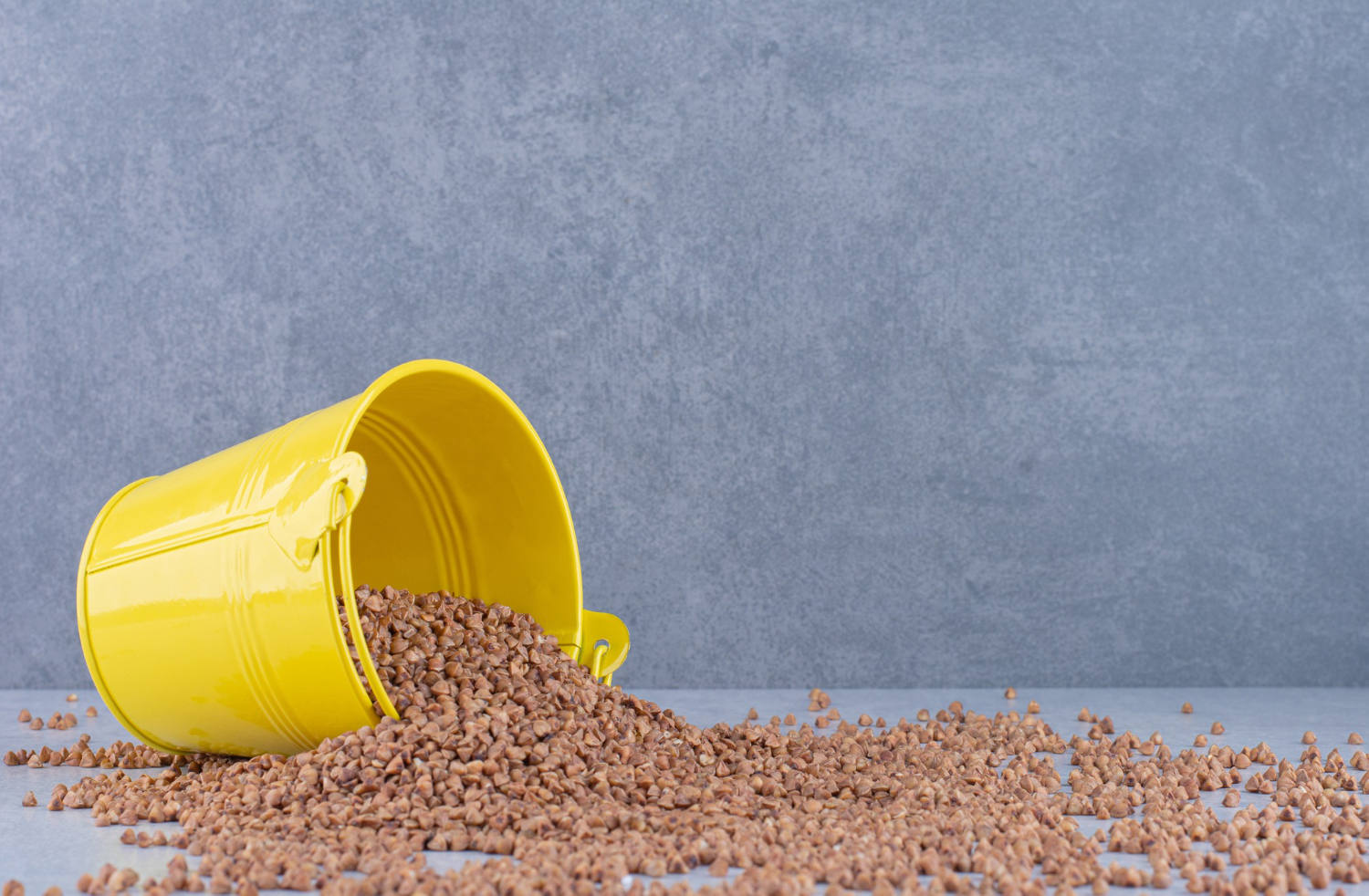
Four parameters to choose the right mixing technology
The quality of the mix must always be uniform and homogenous, meaning that any portion taken from the mixture has to have the same nutritive content as the whole mix. But the quality of the feed mix depends on the type of mixer used.
There are four criteria for selecting a suitable feed mixer: the production capacity, the density of the bulk ingredients, the volume of liquids, and the performance criteria.
Ensure that horizontal mixers are filled to the correct capacity
Horizontal mixers are typically more suited to industrial feed production. And one of the most important factors to consider is capacity.
Overfilling or underfilling the mixer results in incomplete mixing as the agitators need to move the ingredients thoroughly. Keep an eye out for the paddles or ribbons in the mechanism. The feed mix will stay balanced if the design is adequate for your components.
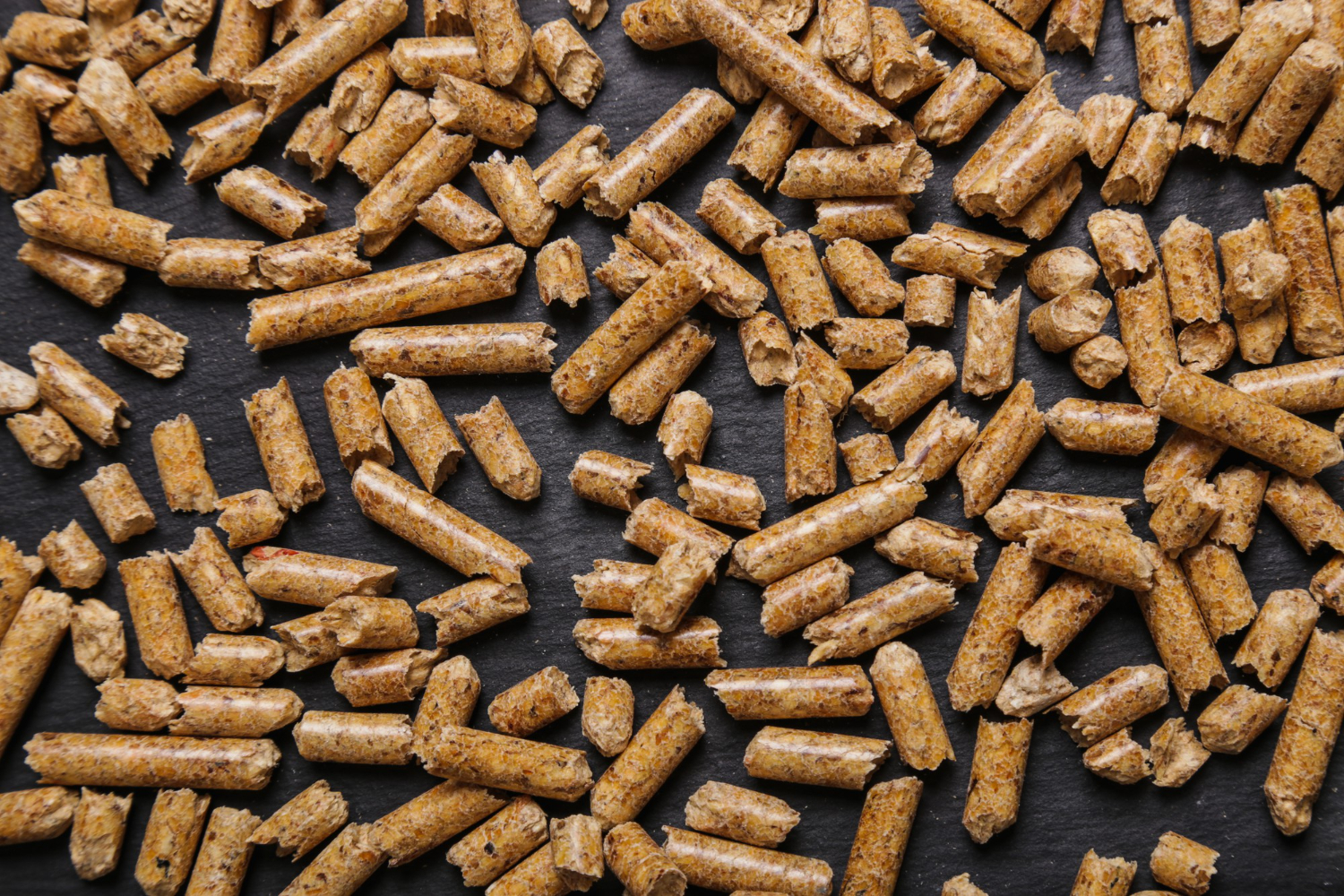
Avoid extreme volumes in vertical mixers to prevent agglomeration
Vertical mixers are more adapted to small-scale plants or on-farm production. These systems leverage gravity to disperse the ingredients uniformly throughout the mix.
However, insufficient mixing time and an excessive production volume compromise the mix’s quality. In the best case, inadequate mixing forms agglomerates or lumps. In the worst case, it could raise the toxicity levels in the feed pellets.
Maintenance tips to follow for a high-quality mixing operation
Proper maintenance of the mixer and all the equipment in the production line is vital for efficient performance and operation.
Preventive maintenance should be done regularly to lubricate, change oil, repair, or replace the moving parts before they are too worn. In everyday operation, the mixer needs to be monitored to control the mixing time and the sequence of adding the ingredients, to check the quality of the mix, and to detect any malfunction on time, guaranteeing a uniform and homogeneously mixed formula.
Which feed mixing technology do you need?
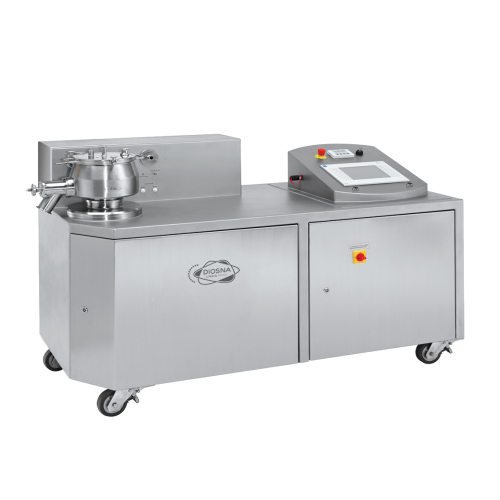
Laboratory unit for mixing, granulating, and vacuum drying
Achieve precise mixing, granulating, and drying in laboratory...
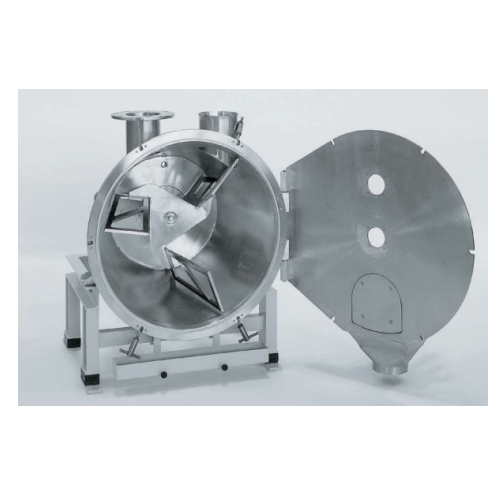
Feeding, dosing, weighing and mixing system for granulate
Achieve precise granulate mixing and rapid color changes with ...
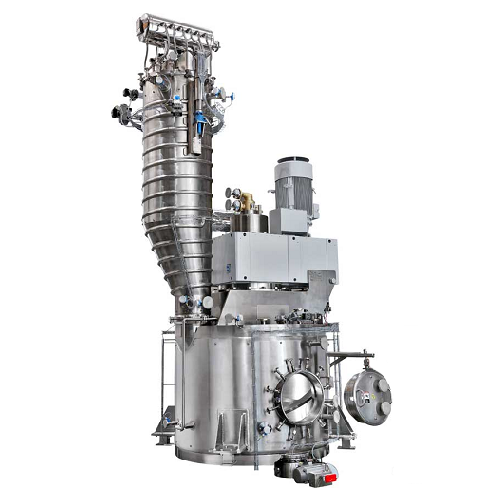
Vertical vacuum dryer and mixing reactor
Achieve precise control over drying and mixing processes with a versatile unit des...
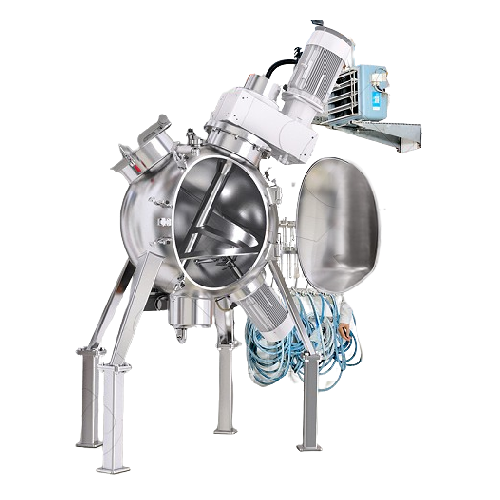
Spherical mixer for industrial mixing applications
Experience precise and efficient mixing with this hollow spherical mix...
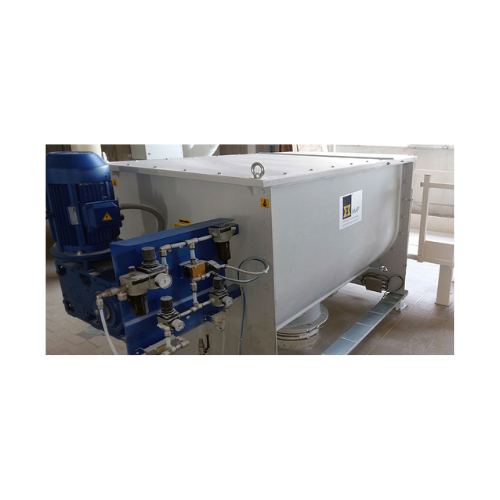
Single-shaft ribbon blender for homogeneous mixing
Achieve high-quality, precise blending of delicate and temperature-sen...
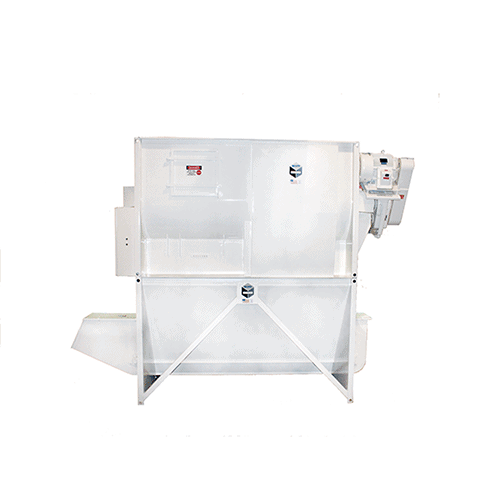
Surge hoppers for efficient batch mixing
Streamline your production with surge hoppers engineered to reduce batch cycle tim...
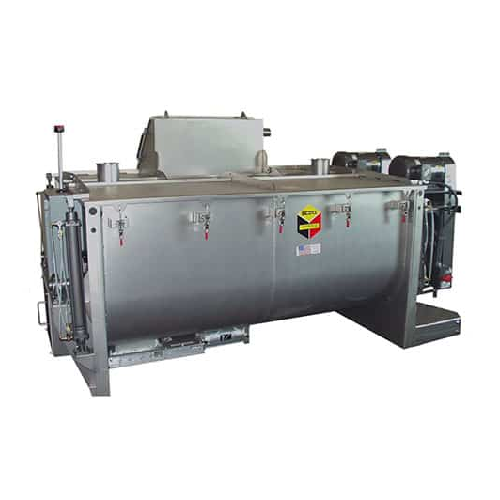
Twin shaft horizontal batch mixers for homogenous material mixing
Achieve consistent and rapid mixing of diverse materi...
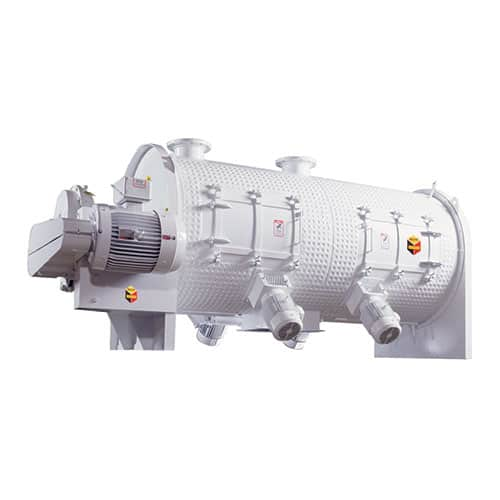
Industrial plow mixer for efficient solid and liquid mixing
Experience unparalleled mixing precision with high-speed plo...
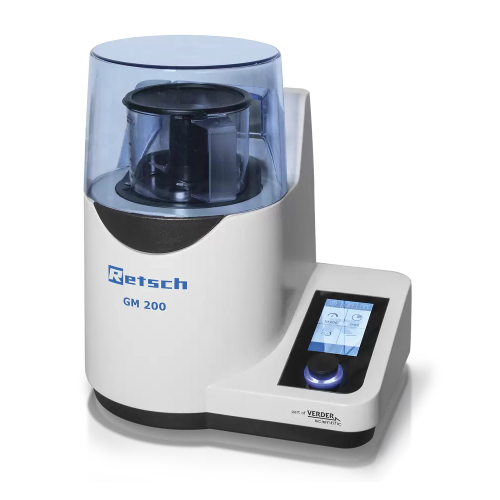
Knife mill for food and feed sample grinding and homogenization
Achieve consistent texture and precise size reduction of...
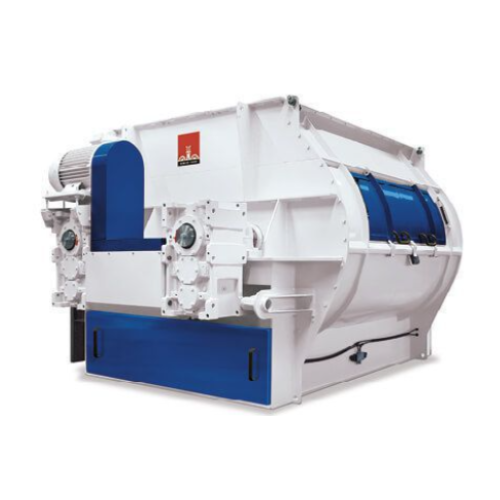
Double shaft paddle mixers for industrial powders and granulates
Achieve precise mixing and homogenization of dry powder...
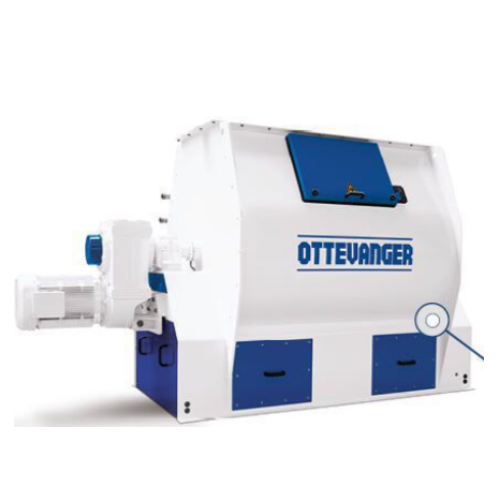
Single shaft paddle mixers for dry powders and granulates
Achieve uniform and precise mixing for your batch processing n...
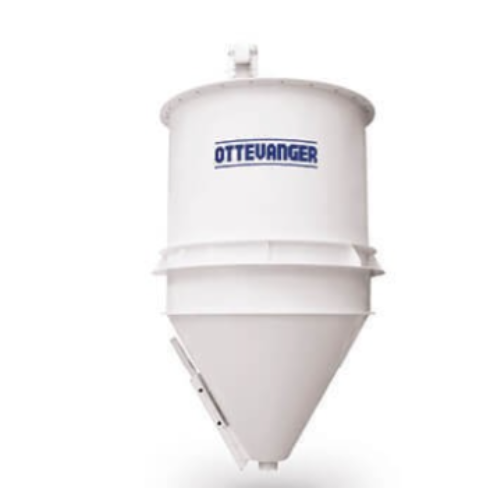
Vertical mixers for animal feed industry
Efficiently combine a variety of powdered and raw materials with precision, ensuri...
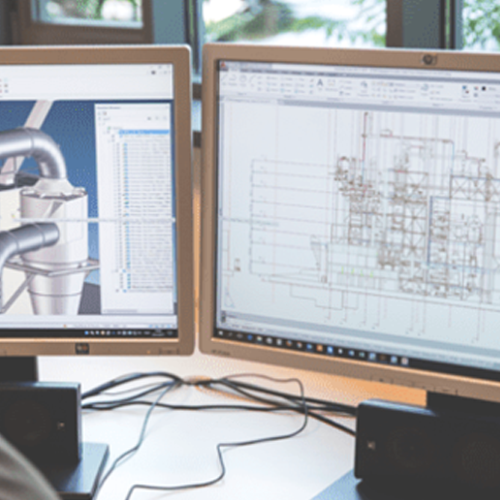
Process automation for feed mills
Optimize your feed production line by seamlessly integrating advanced process automation ...
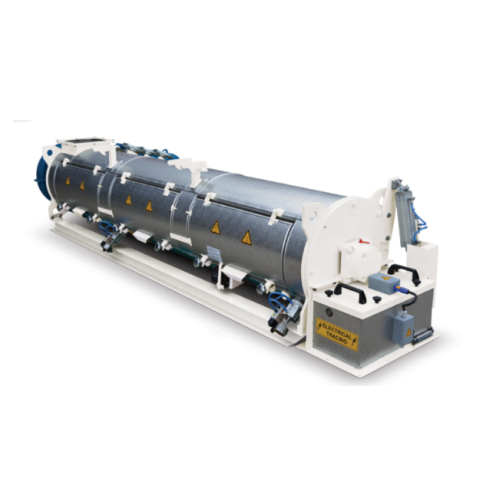
Hot start conditioner for feed and food processing
Enhance your production process with a high-efficiency thermal heating...
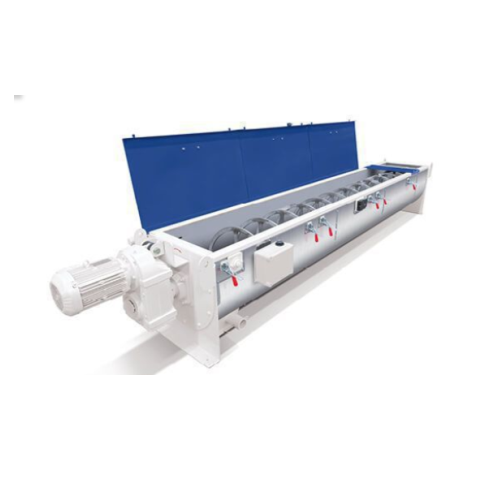
Continuous coater for pellet and extrudate liquid addition
Efficiently enhance your feed products by uniformly adding li...
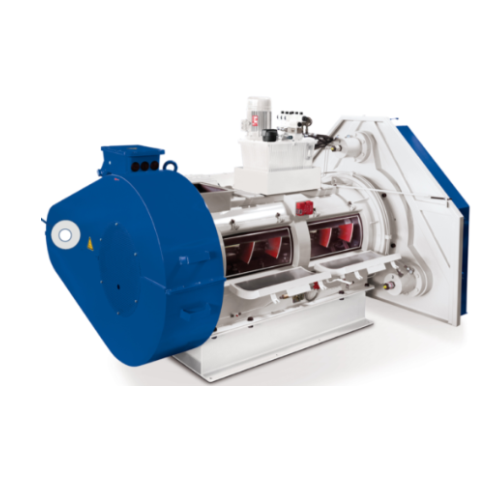
Feed mill compactor for improved pellet quality
Optimize your feed production with a compactor designed to enhance pellet ...
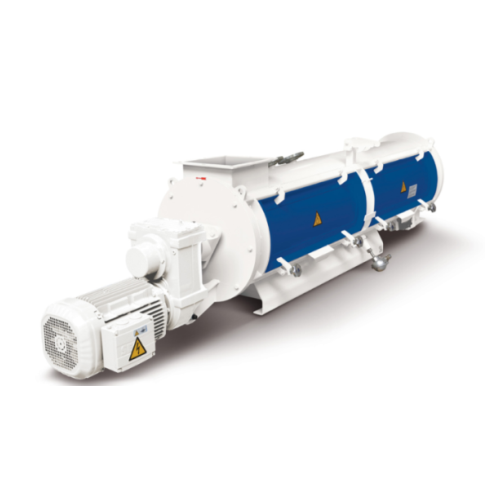
Single conditioner for feed mills
Achieve homogeneous mixing and enhanced hygiene in feed production with adjustable paddle...
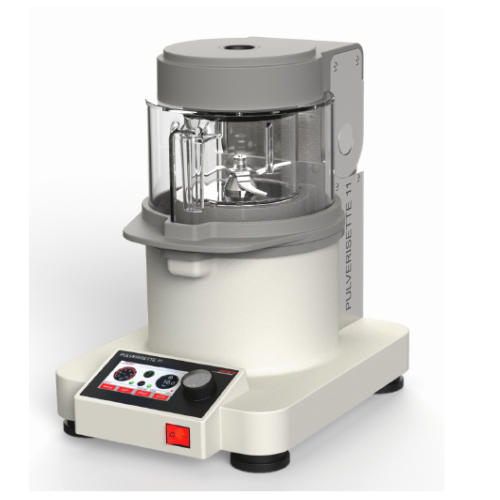
Laboratory knife mill for fast comminution
Achieve rapid and precise sample preparation with this versatile knife mill, de...
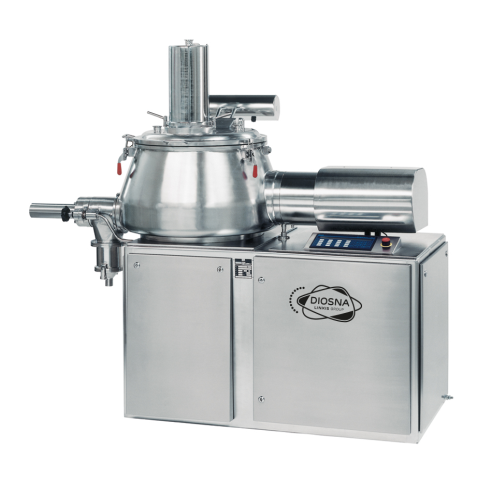
High-shear mixer granulator for pharmaceutical production start-up
Effortlessly achieve optimal granule consistency and...
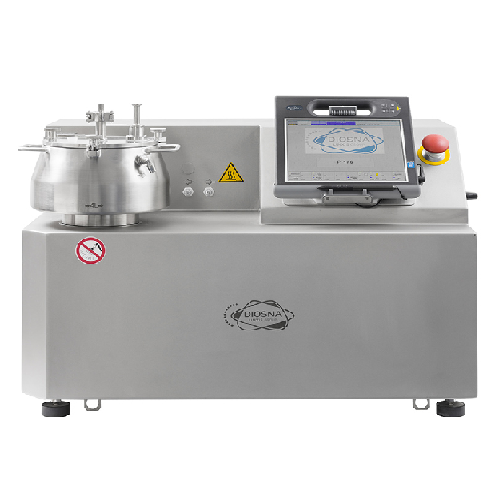
Compact laboratory mixer for high-shear granulation
Streamline your R&D processes with advanced mixing and granulati...
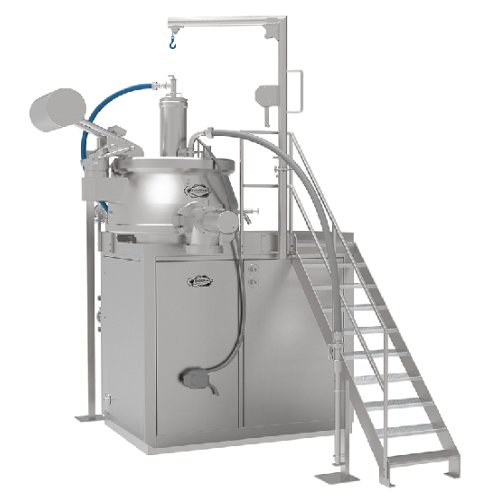
Pharmaceutical high-shear mixer granulator
Enhance your production efficiency with a high-shear mixer granulator, designed...
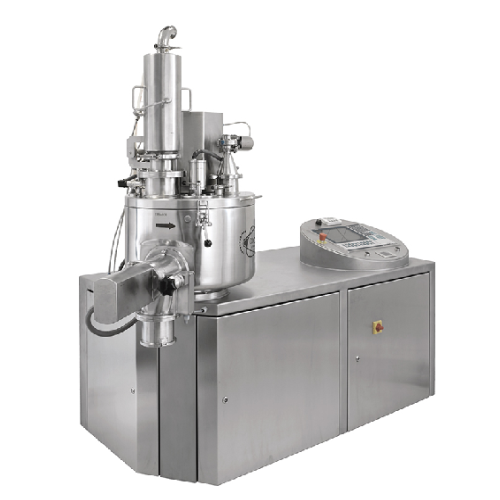
Pilot single-pot processor for granulation and drying
For efficient pilot production, streamline your mixing, granulating...
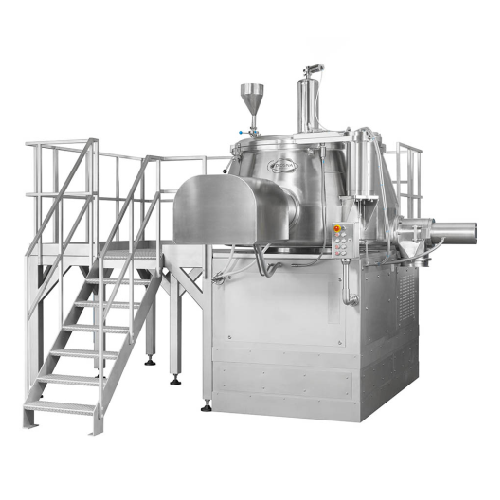
High-capacity universal mixer for industrial applications
Optimize your batch processing with a versatile high-speed mix...
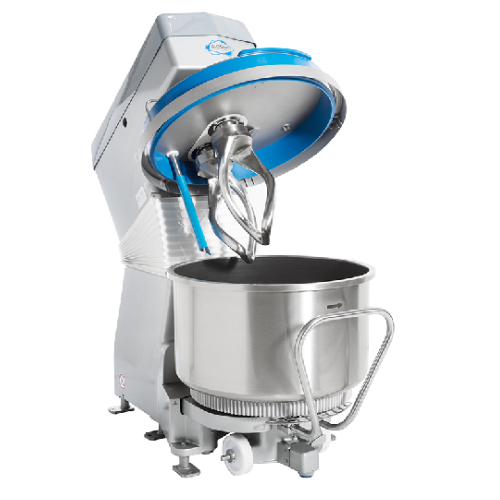
Industrial wendel mixer for dough production
Optimize your dough and bar production with reduced kneading times and increa...
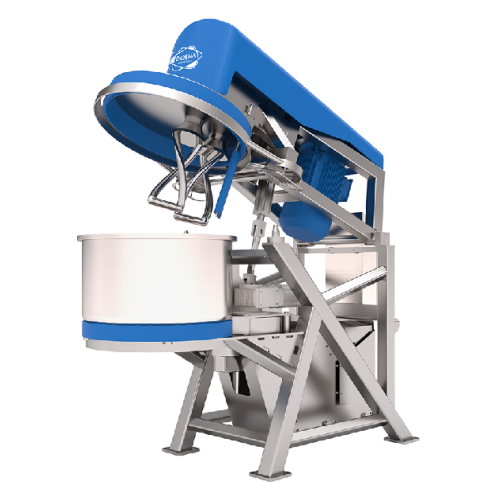
Hygienic design dough mixer
Achieve superior dough consistency and safety with our hygienic design mixer, ideal for reducing...
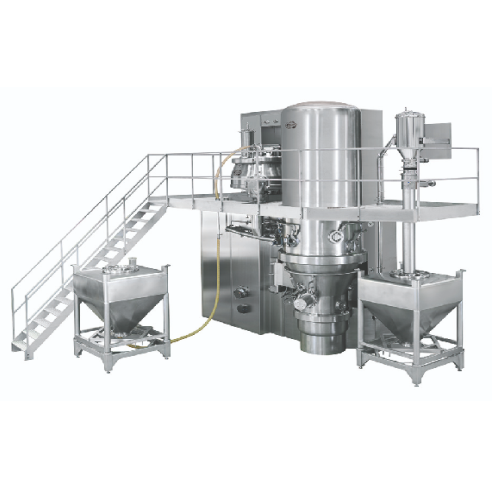
Pharmaceutical granulation line
Streamline your production with an integrated system that combines mixing, granulation, and ...
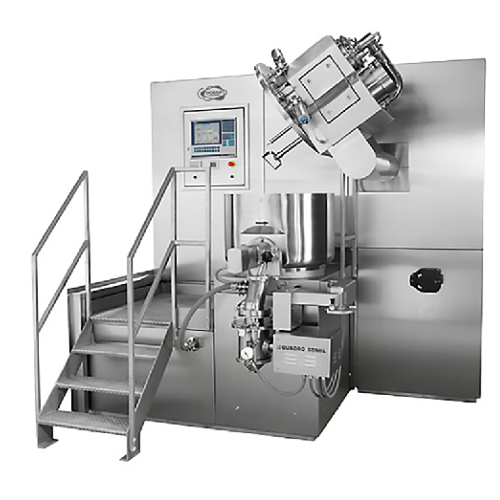
Single-pot processor for wet granulation and vacuum drying
Achieve efficient mixing, granulation, and swift vacuum dryin...
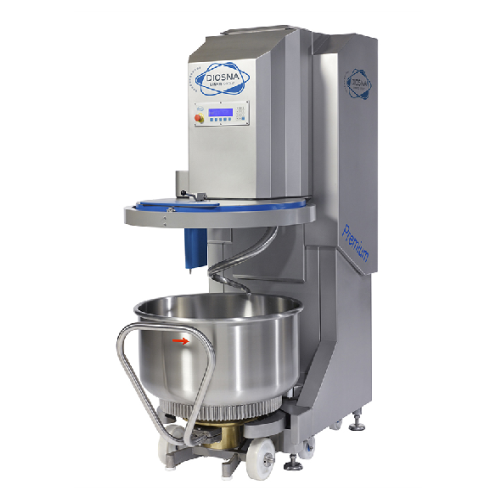
Interchangeable tool stainless steel kneader
Streamline your batch processing with this flexible mixing technology that of...
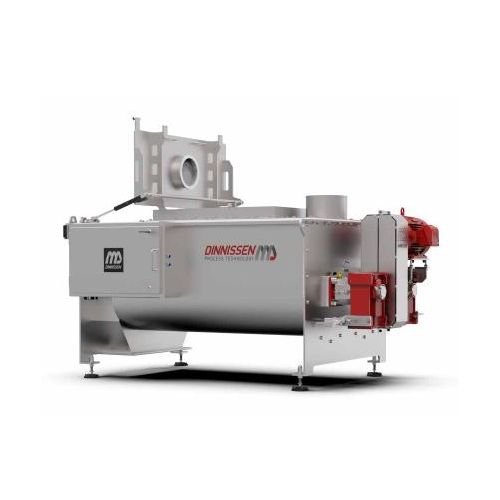
Continuous mixer for industrial powders and liquids
Achieve precise and efficient mixing of solids and liquids with minim...
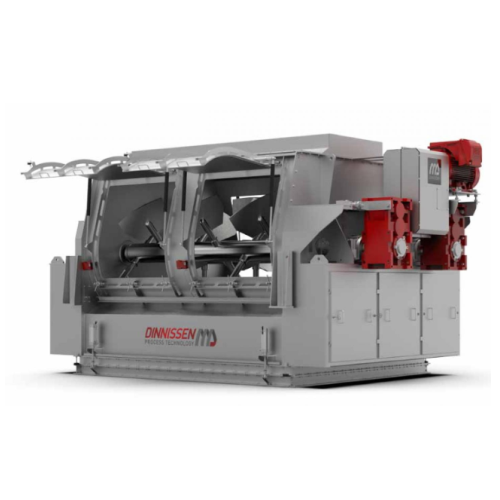
Batch mixer for powder and grain processing
Achieve ultra-fast, homogenous mixing in just 20 to 50 seconds with this versa...
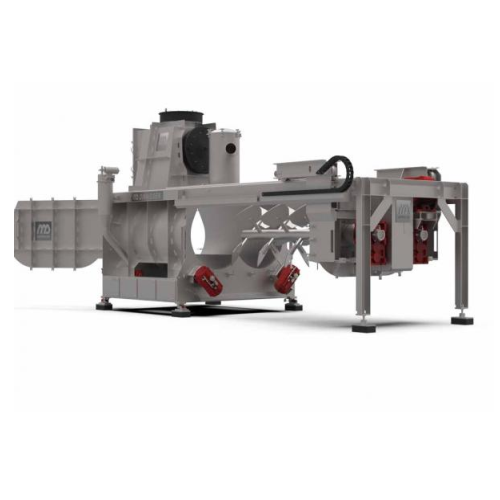
Industrial mixer for batch granules or grains
Achieve precise mixing with seamless integration of heating, sterilization, ...
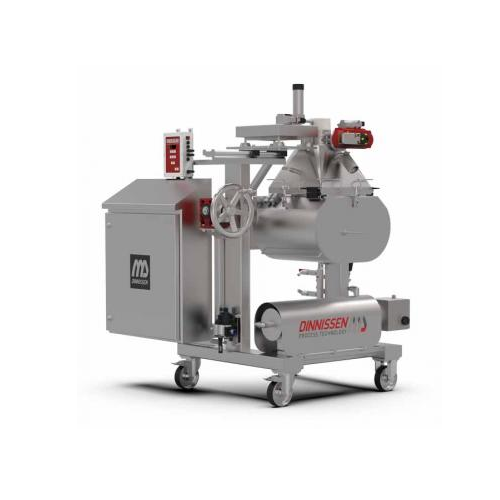
R&d mixer for small batch experimentation
Perfect your mixing techniques swiftly with precision-controlled small batch exp...
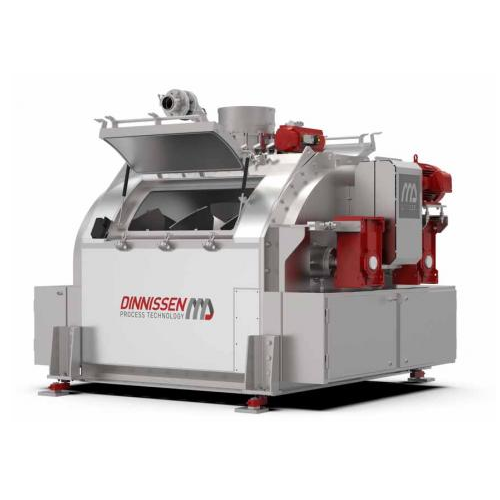
Advanced vacuum coating system for pet food and feed
Achieve uniform saturation in pellets and granules with precise liqu...
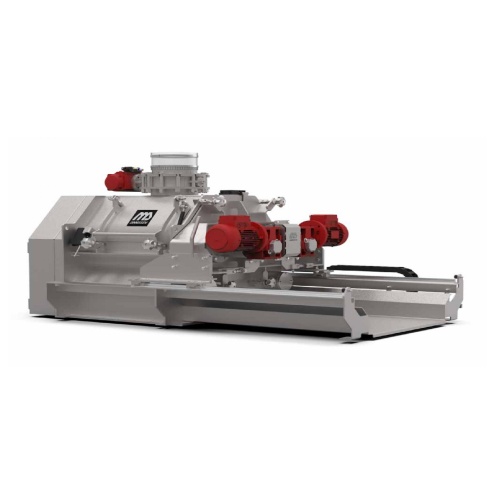
5-in-1 industrial mixer for food and chemical industries
Streamline your production with a multifunctional system that ef...
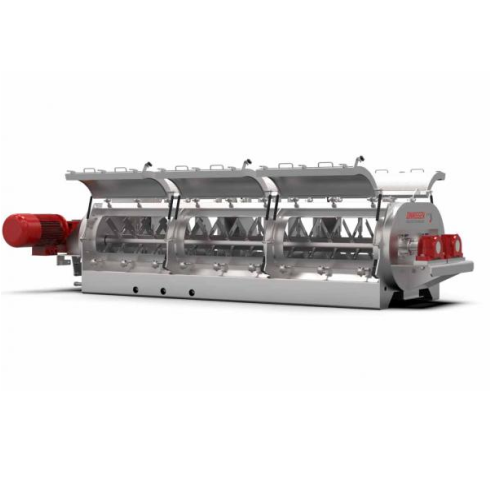
Industrial mixer for moisture conditioning
Ensure precise moisture levels and homogeneous mixtures for complex extrusion p...
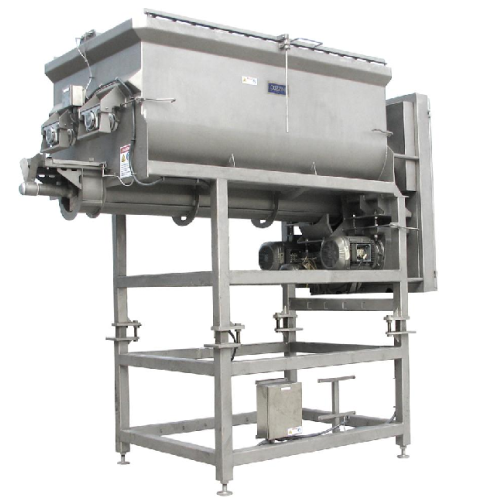
Overlapping paddle mixer for precise food processing
For precise and thorough mixing in food processing, this solution en...
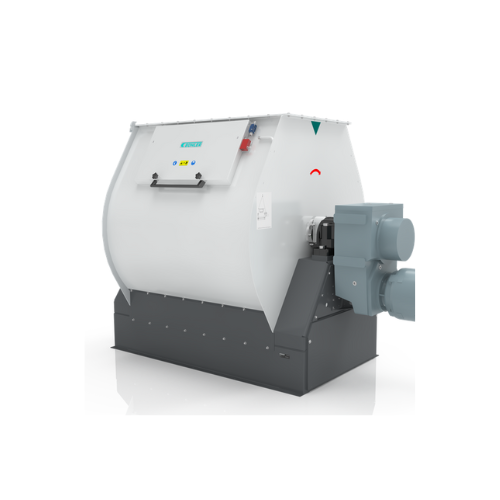
Batch mixer for animal feed
Streamline your mixing process with a high-speed batch mixer that delivers up to 20 mixing cycle...
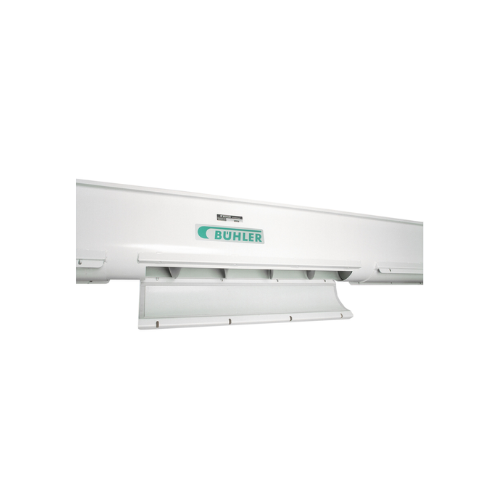
Trough screw conveyor for transporting grains
Efficiently transport and handle bulk materials like grains and flour with r...
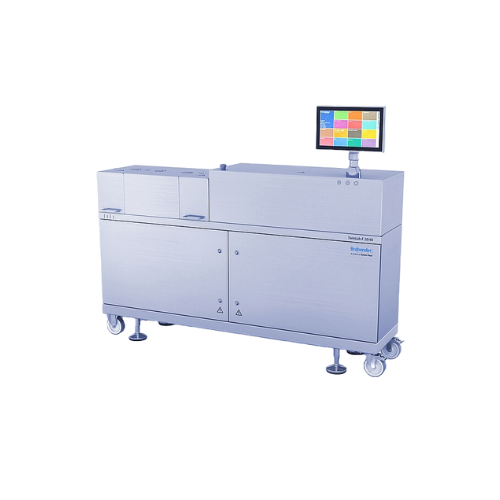
Small twin screw extruder
Optimize your lab and pilot production with a versatile twin screw extruder, designed for precise ...
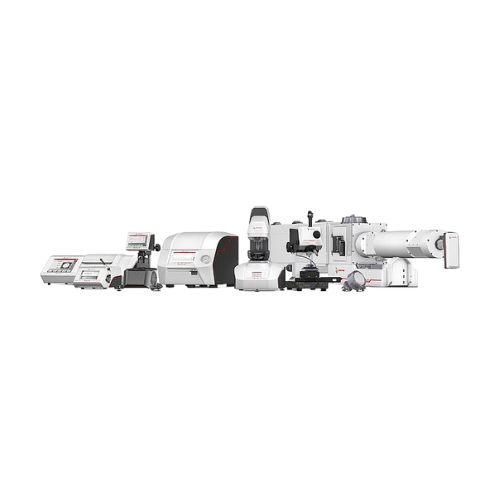
Mini-compounder for laboratory polymer processing
Streamline your polymer development process with a compact compounding ...
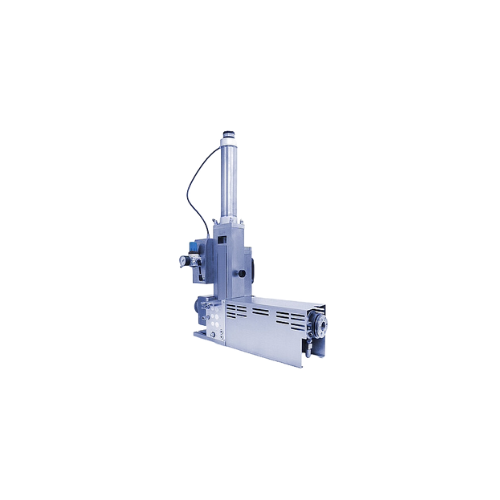
Measuring extruder for small sample simulation
Optimize your production process with this precise extruder, designed to si...
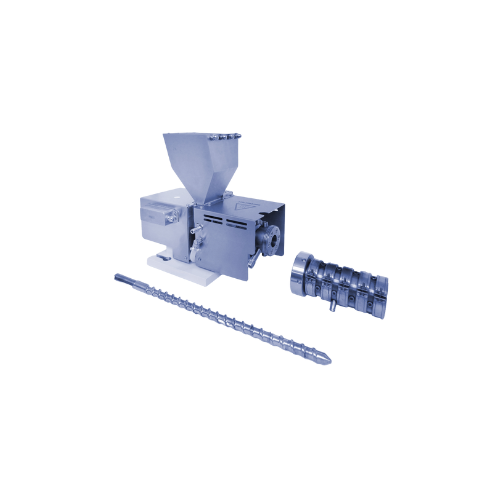
Lab extruder for elastomer extrudability testing
Optimize your small-scale testing with an innovative extruder designed to...
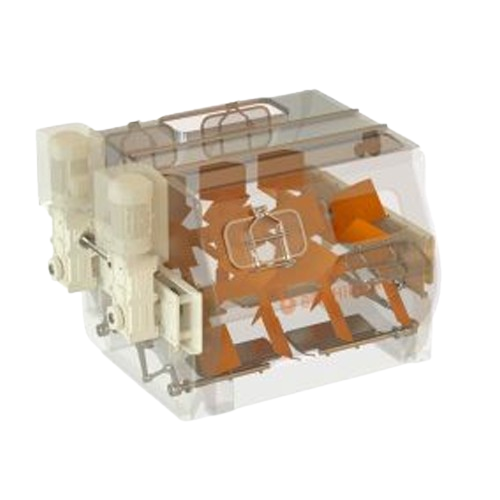
Double shaft paddle mixer for solids and powders
Achieve unparalleled mixing precision for fragile and diverse materials w...
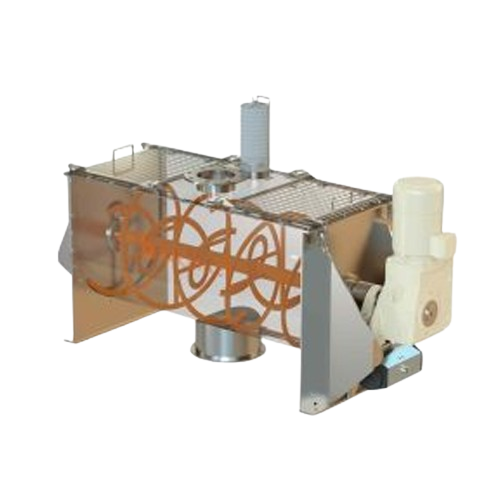
Horizontal ribbon blender for solids and powders
Efficiently achieve uniform blending of bulk solids and powders, ensuring...
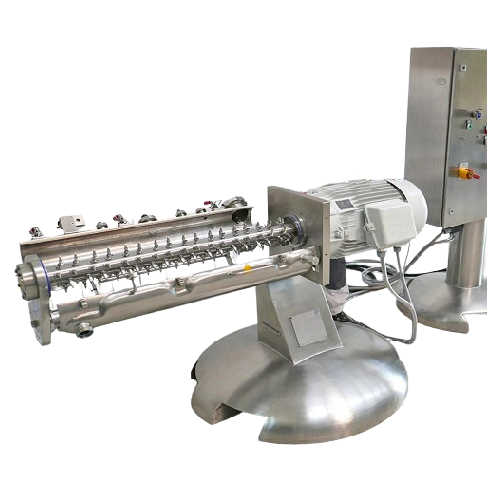
Continuous granulator for powdery goods
Achieve uniform particle size and structure with a continuous granulation process t...
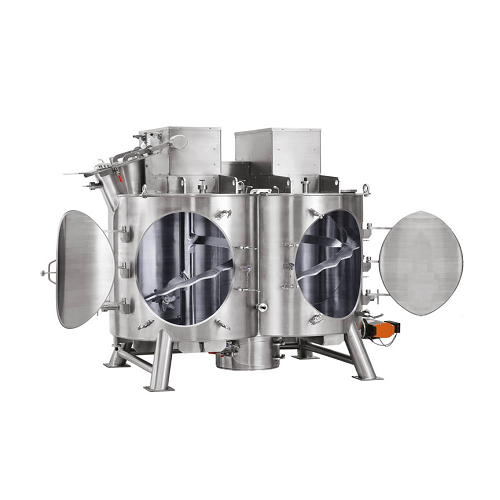
Vertical twin-shaft mixer for dry, moist, and viscous materials
Achieve consistent mixing and blending of diverse materi...
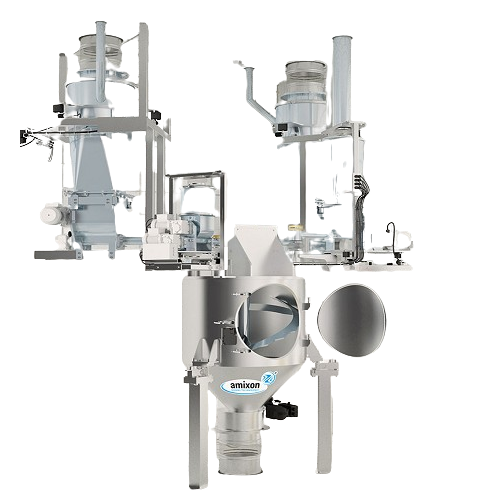
Continuous powder mixer for dry, moist and suspended goods
Achieve precise homogenization and deagglomeration with a con...
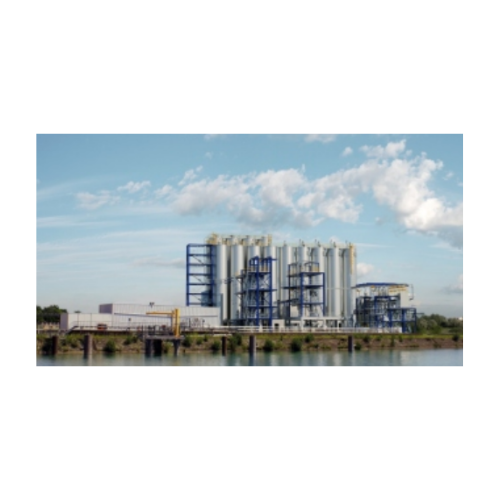
Turnkey plant solutions for industrial applications
Enhance your production line with seamless integration and optimized ...
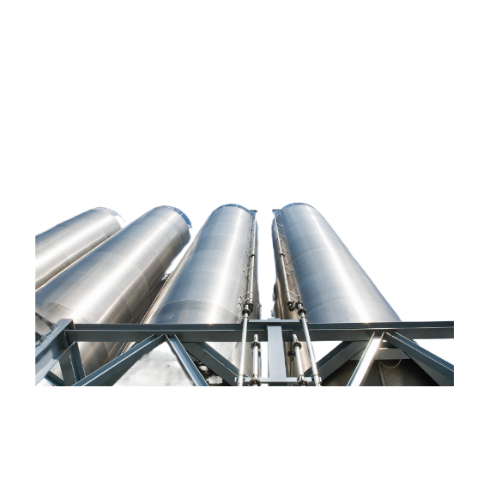
Short base skirt silo for bulk material storage
Optimize your bulk material handling with adaptable discharge and rapid lo...

Multi-channel blending silo for free-flowing bulk materials
Achieve precise homogenization and mixing of free-flowing bu...
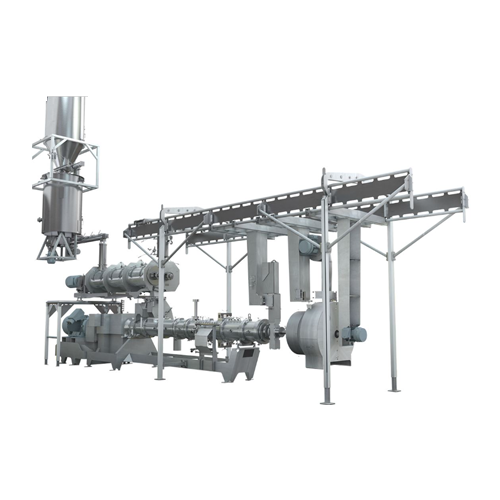
Twin screw extruder for pet and aquatic feed
Achieve exceptional cooking precision with our twin screw extruder, designed ...
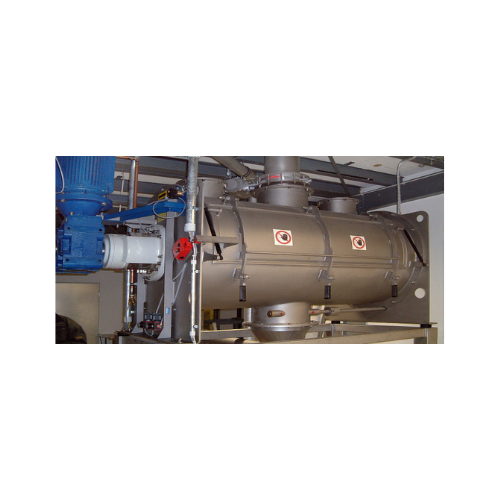
Batch-type single shaft mixer for efficient discharging
Optimize your material mixing and discharging processes with a sy...
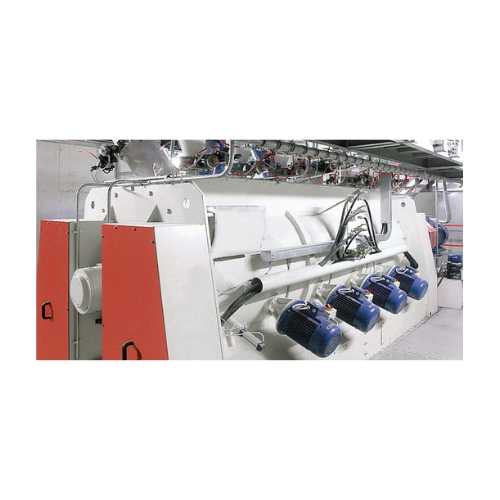
Batch-type single shaft mixers with bomb-bay discharge
When you need rapid, residue-free discharge in your batch mixing p...
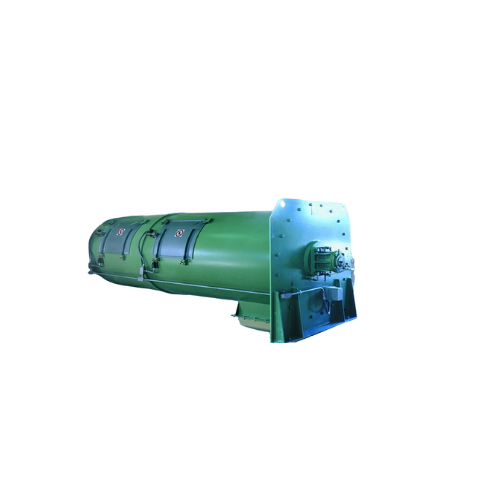
Continuous single shaft mixer for waste treatment
Achieve consistent mixing homogeneity and prevent dead spots in your pr...
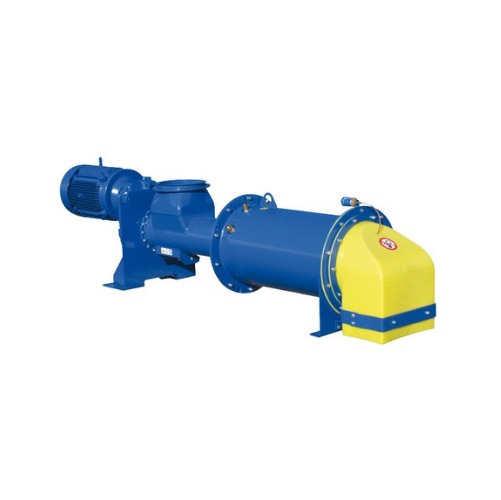
Dust disposal and conditioning system
Optimize your dust management operations with a superior conditioning system designed...
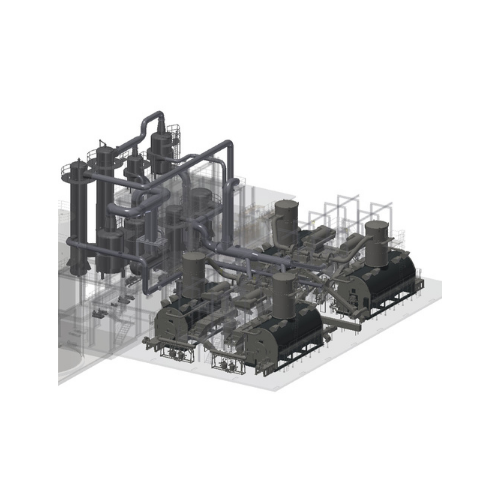
Drying systems for bioethanol production
Optimize your bioethanol production with advanced evaporation and drying equipment...
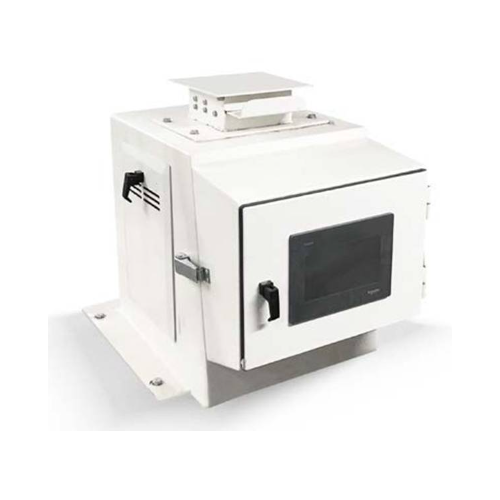
Automated grain blending system
Achieve precise blending ratios for grains and seeds, streamlining your production line by a...
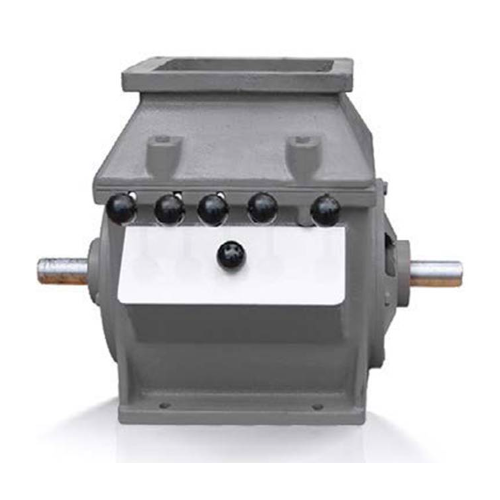
Blending machine for pre-grinding or tempering processes
Optimize your grain processing with precise blending and mixing ...
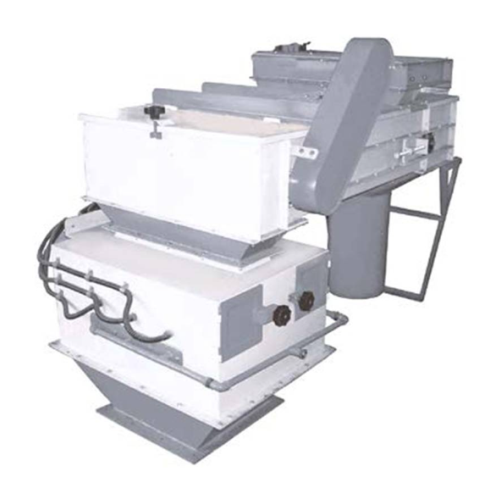
Pellet oil coating unit for feed production
Enhance feed pellet nutrition and quality with precise oil, enzyme, and methio...
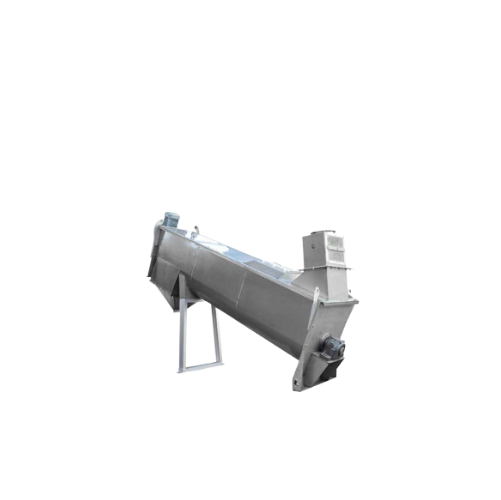
Inclined intensive dampener for grain processing
Ensure consistent moisture levels for optimal grain processing and enhanc...
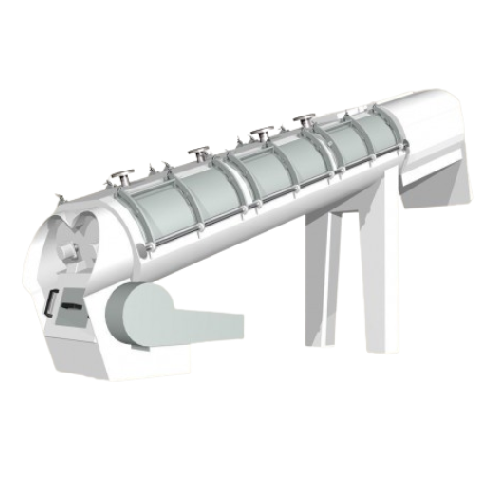
Thermal conditioning for improved meal flow and starch digestibility
Ensure optimal meal flow and starch digestibility ...
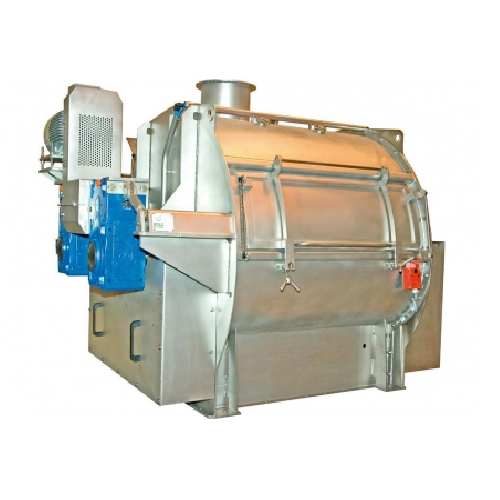
Twin shaft paddle mixer for bulk materials
Achieve precise blend consistency with a twin shaft paddle mixer designed to ha...
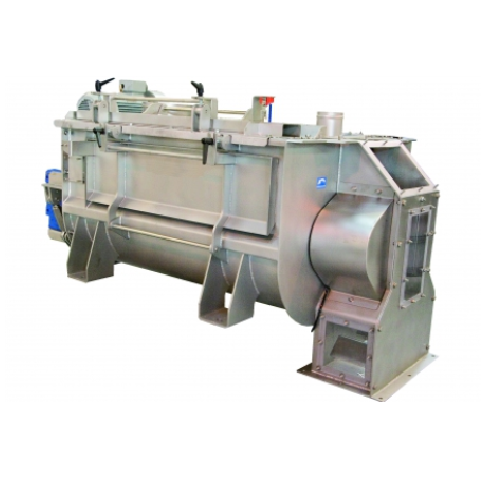
Continuous mixer for accurate ingredient blending
Achieve precise mixing in continuous production with optimal control ov...
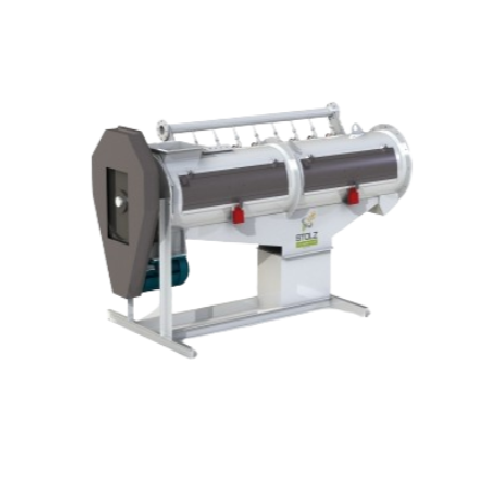
Pellet mill conditioner for optimal granulation
Enhance pellet quality and efficiency by seamlessly integrating steam mixi...
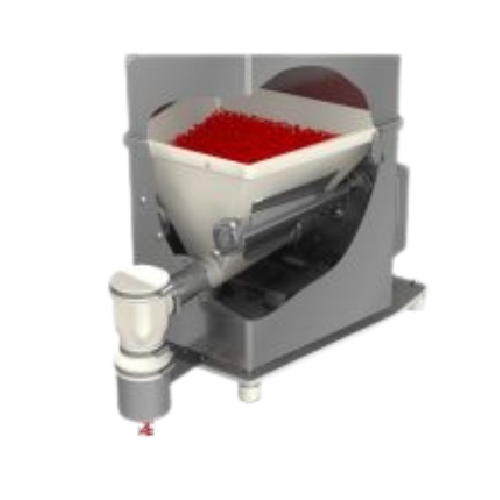
Volumetric feeder for consistent ingredient flow
Achieve precise and consistent ingredient dosing in your production line ...
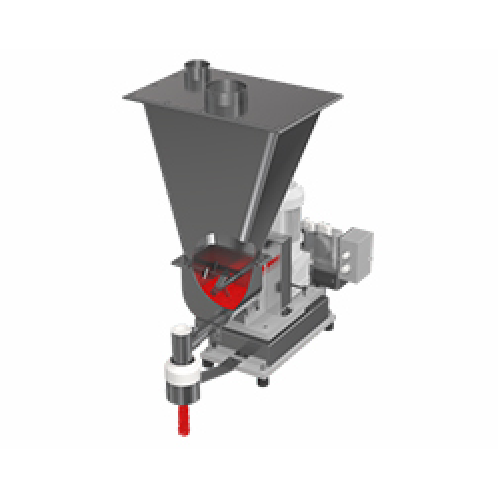
Single screw loss-in-weight feeder for powders and pellets
Ensure precise dosing and mixing in continuous automated oper...
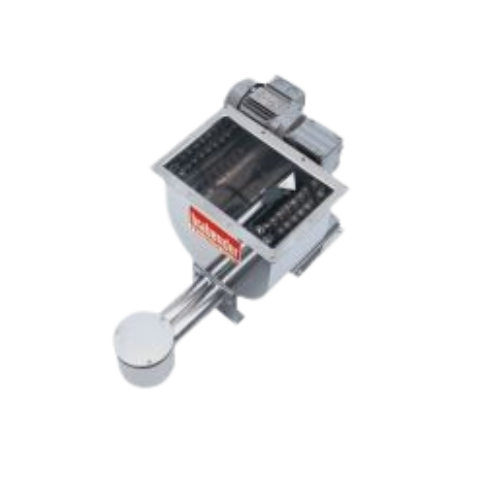
Twin screw volumetric feeder for poor flowing powders
Struggling with poor flowing or floodable powders? This twin screw ...
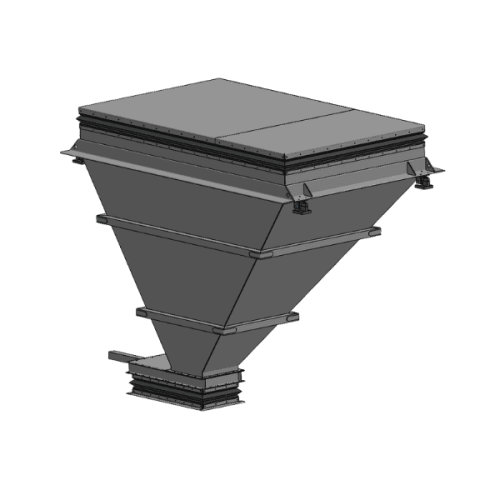
Scale hopper for industrial batch weighing
Optimize your production line with precise batch weighing and mixing, ensuring ...
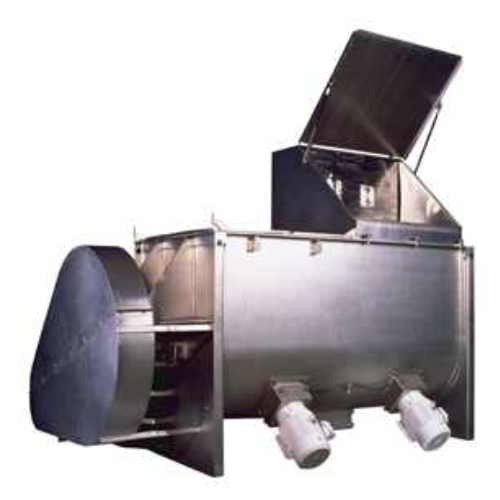
Single shaft horizontal batch mixer
Achieve consistent, high-quality blends with precise homogenization using a single shaf...
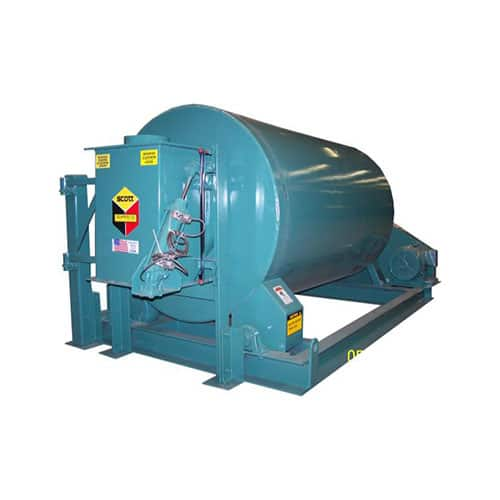
Rotary drum mixer for free-flowing materials
Achieve uniform mixing of heavy, free-flowing solids with precise control and...
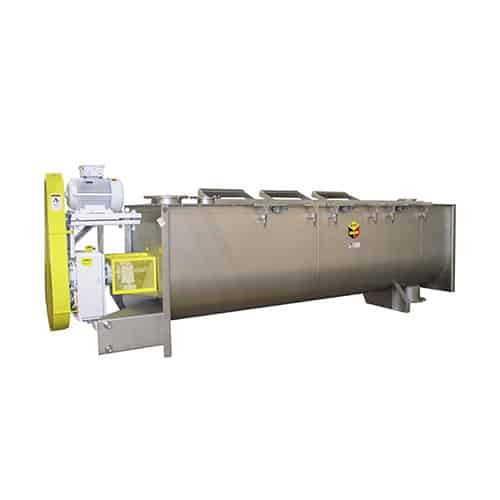
Continuous blending system for fragile materials
Ideal for operations requiring gentle handling, this system seamlessly in...
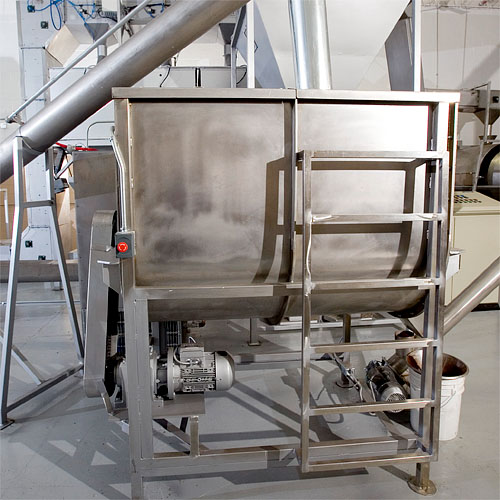
Basic mixer for granular foods
Straightforward blending solution for mixtures of beans, nuts, berries & powdered foods, ...
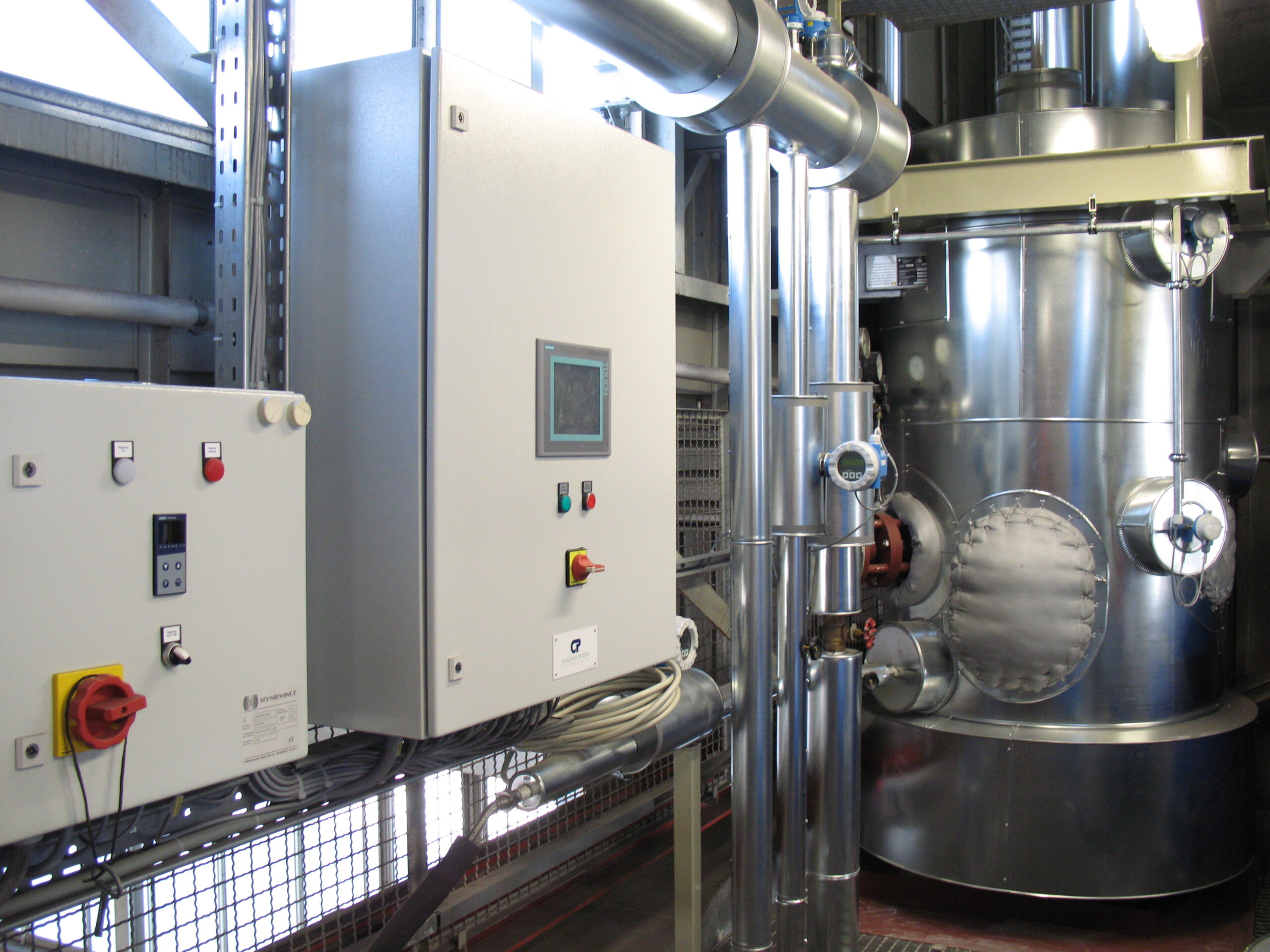
Gypsum homogenizer
The quality of gypsum and stucco products is highly influenced by the quality of the calcining process uti...
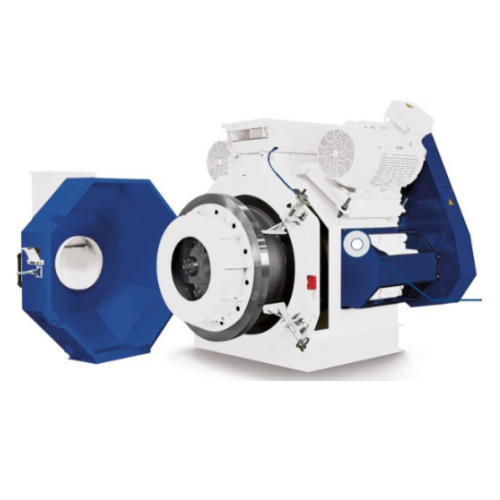
Pellet mill for animal feed production
Optimize your feed production with a robust pellet mill designed to enhance the dura...
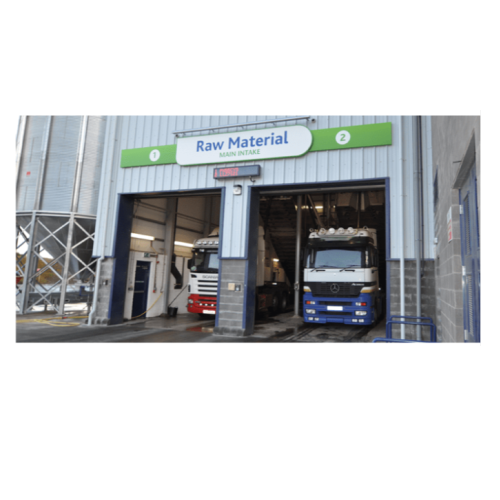
Product intake solutions for feed processing
Optimize your feed production with efficient material intake systems, ensurin...
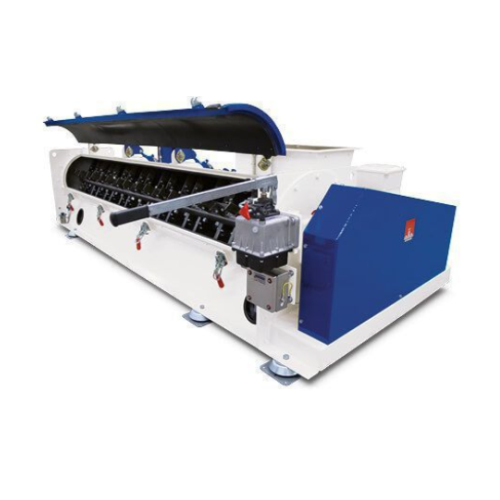
Continuous mixers for feed mill applications
Optimize your liquid incorporation process with continuous mixers that ensure...
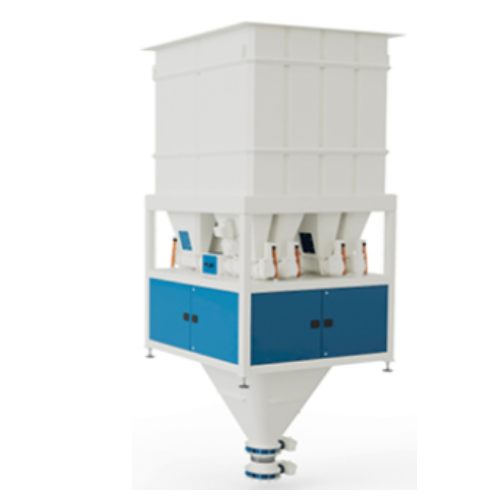
High accuracy micro dosing system
When handling diverse ingredients, precise dosing is crucial to ensuring consistent produ...
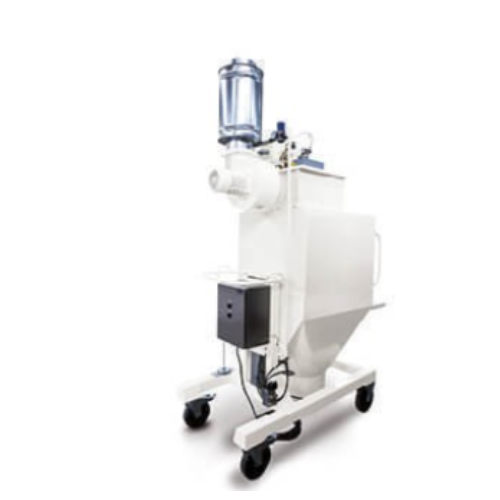
Micro-ingredient dosing system for animal feed production
Optimize your feed formulation accuracy with precision dosing,...
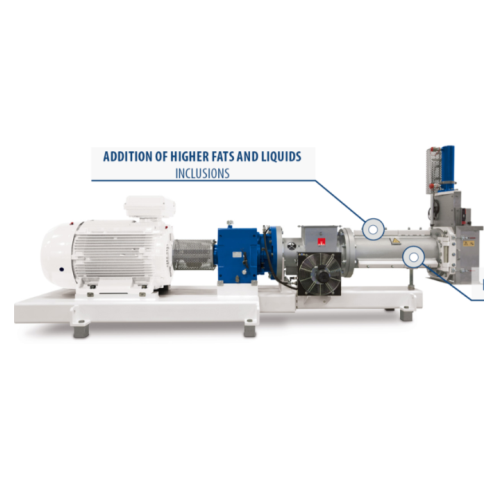
Feed expander for improved pellet mill output
Enhance your feed quality and production efficiency with a robust expander d...
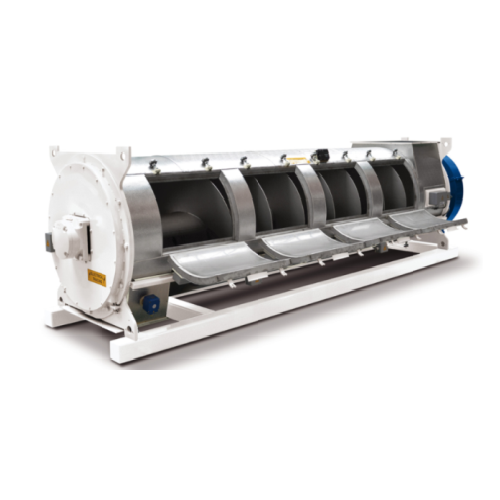
Retention time barrel for feed pelleting
Enhance your feed processing efficiency with a specialized retention time barrel, ...
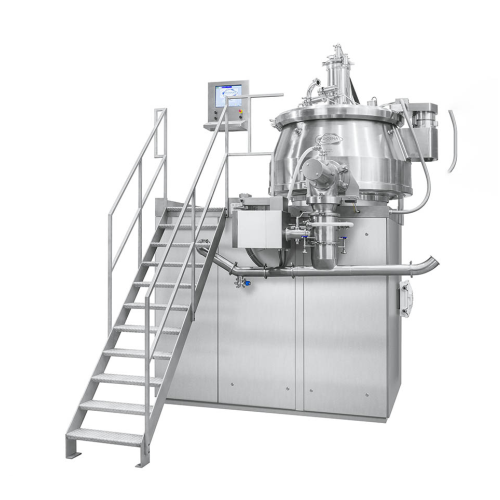
Granulation line for pharmaceutical manufacturing
Enhance your batch production with integrated mixer and fluid-bed techn...
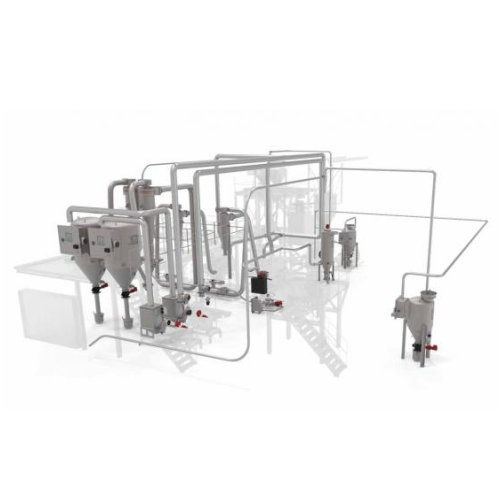
Industrial pneumatic conveying system for powders and granulates
Achieve hygienic and dust-free transport of powders and...
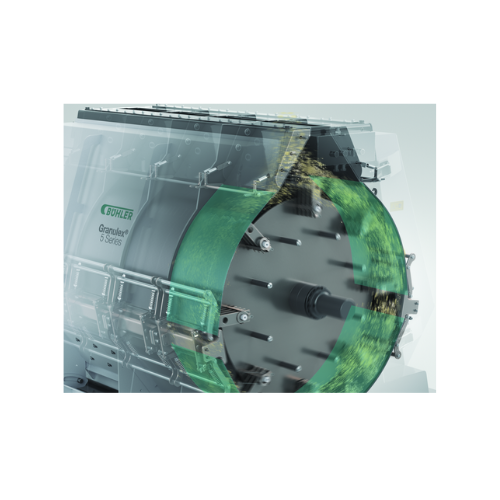
Horizontal hammer mill for grain processing
Optimize your grinding processes with our horizontal hammer mill, designed to ...
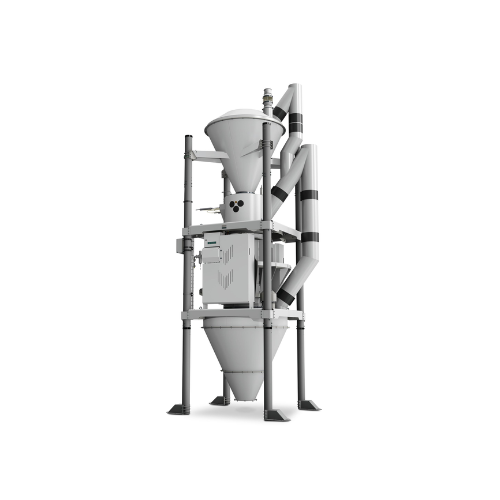
Fully automatic batch scale for powdery and granular products
Achieve precise and repeatable dosing for powdery and gran...
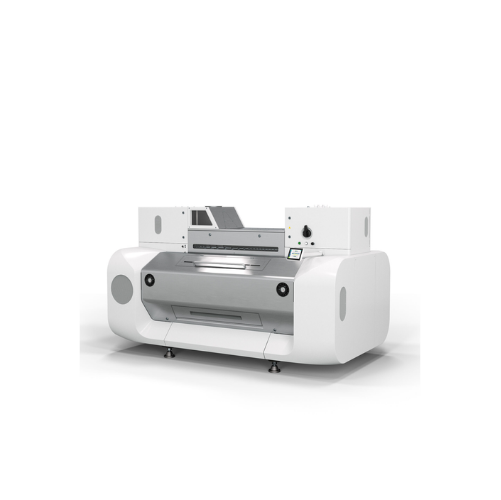
Integrated grinder for wheat and grain
Achieve superior grinding performance and energy efficiency with this fully integrat...
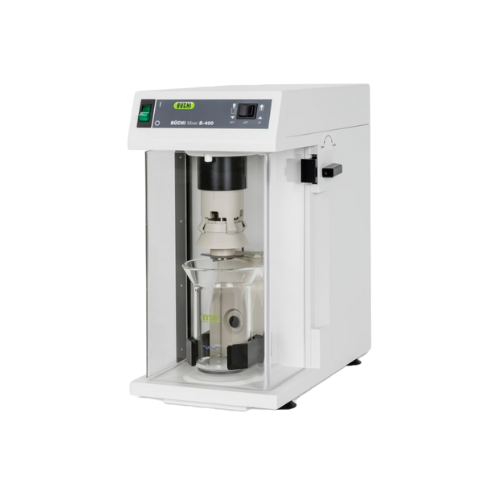
Homogenizer for food and feed analysis
Achieve precise homogenization and particle size distribution with this high-speed b...
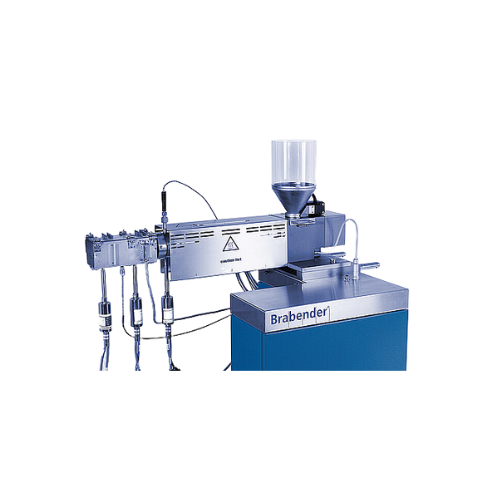
Single-screw extruder for material analysis
Ideal for material testing and development, this single-screw extruder enhance...
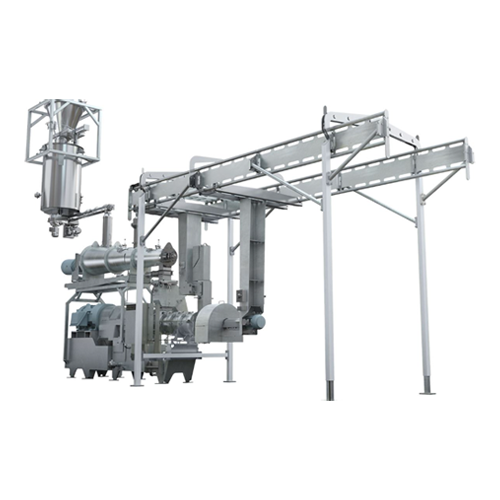
Conical twin screw extruder for pet food and aquatic feed
Precision-engineered for high-speed extrusion and drying proce...
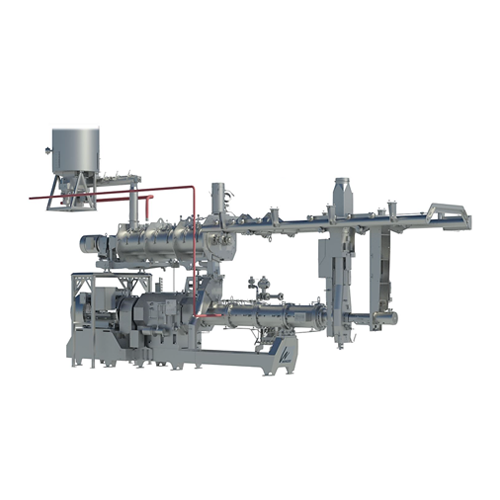
Extruder for high-volume pet food production
Maximize production efficiency with an advanced extrusion system designed for...
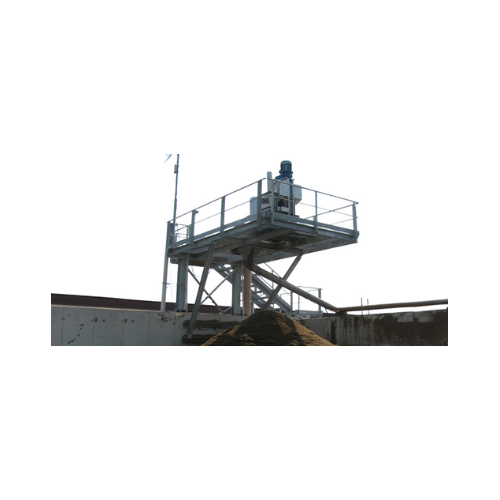
Manure treatment system for livestock breeding
Optimize waste-to-value processes with advanced systems designed to efficie...
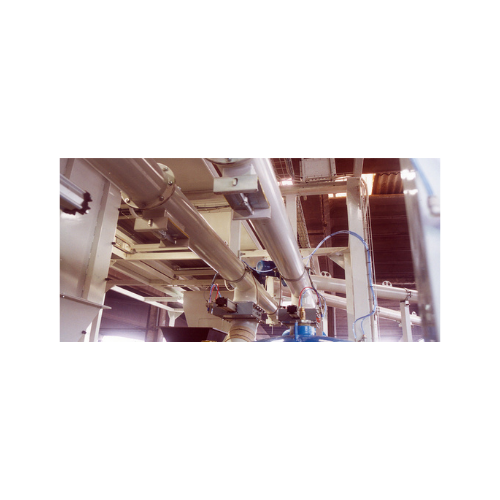
Bulk solids conveying systems
Efficiently move and manage bulk materials with precision and reliability, ensuring seamless i...
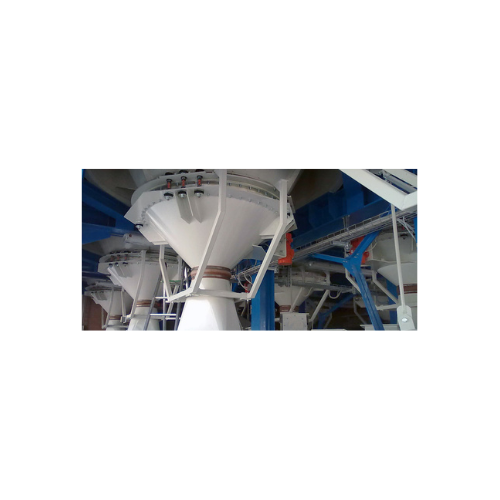
Bulk solids discharging and loading solution
Optimize your bulk material handling with equipment that ensures efficient an...
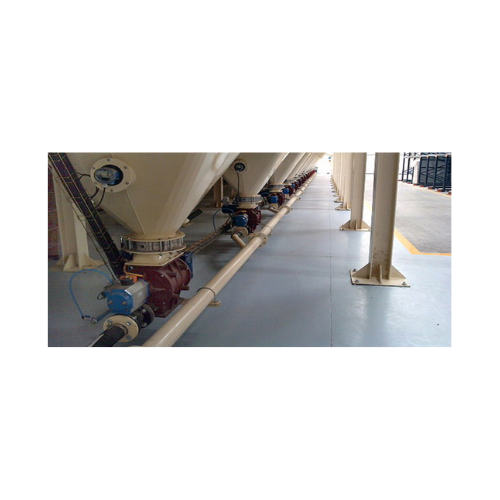
Pneumatic conveying system for bulk solids
Ensure efficient and dust-free transport of bulk materials with a pneumatic con...
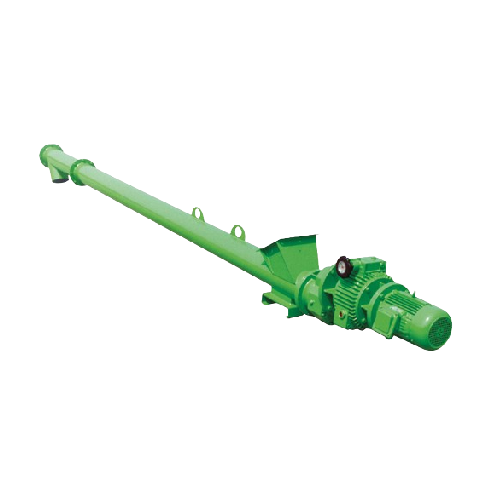
Tubular ribbon flight screw feeder for lime feeding
Experience uniform material flow and precise dosing with this special...
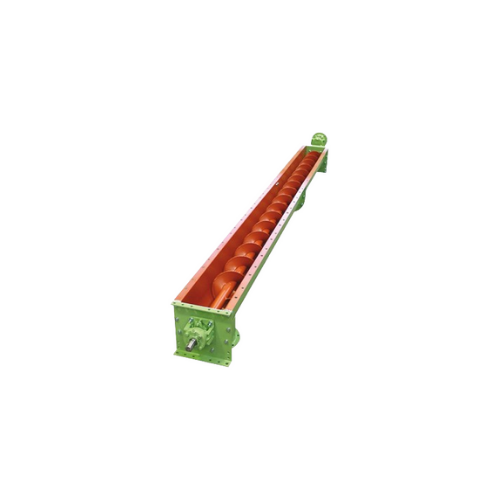
Trough screw conveyors for powdery and granular materials
Optimize your material handling process with a flexible screw ...
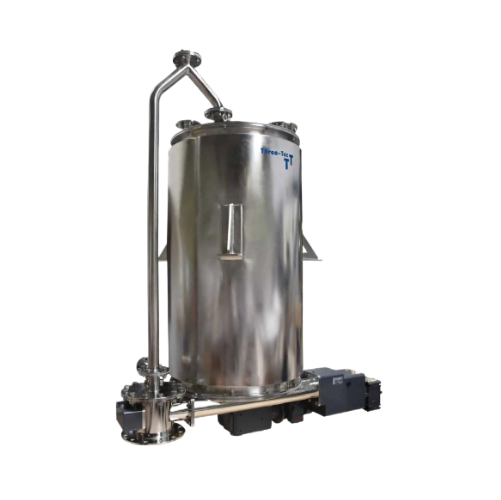
Twin screw feeder for bulk material handling
Optimize your bulk material processing with a solution designed for precise f...
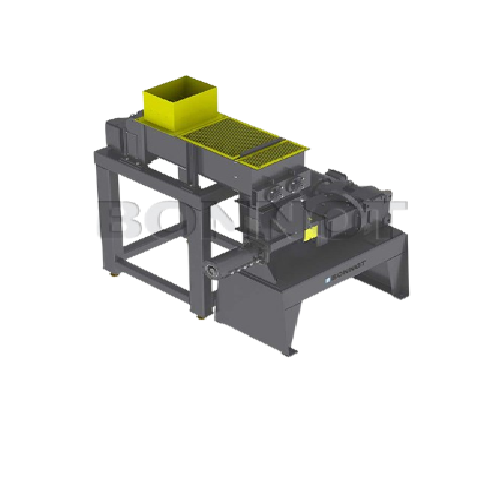
Twin shaft feeder for optimized material feeding
Achieve precise material flow and optimize downstream processing with adv...
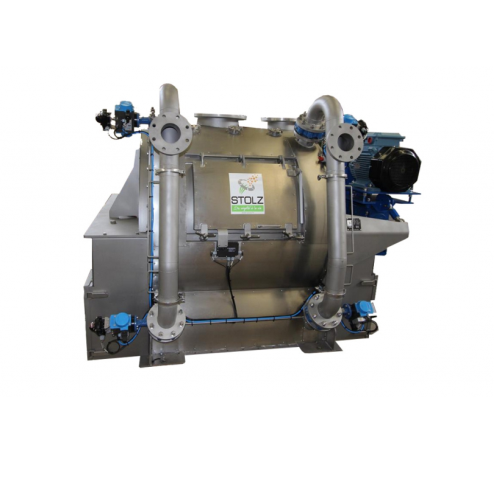
Vacuum coater for petfood and livestock feed
Enhance nutritional value and product quality with precision liquid incorpora...
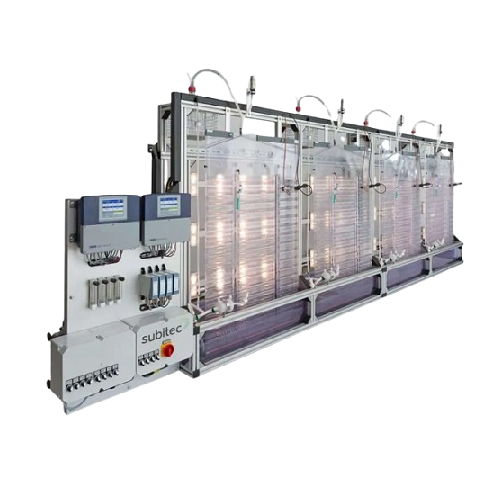
Pre-culture and laboratory systems for microalgae cultivation
Enhance your microalgae cultivation with precise control a...
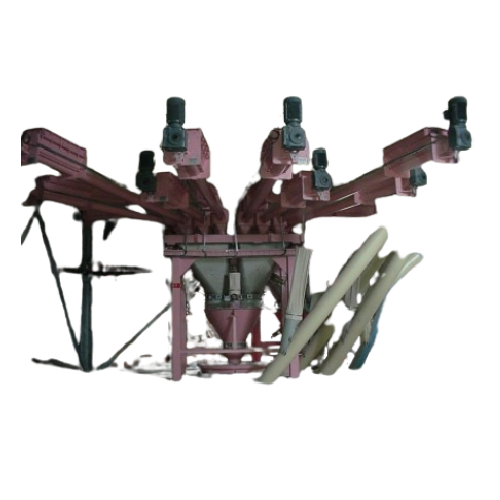
Dosing screw system for precise ingredient management
Achieve unparalleled precision in formulating mixtures with our dos...
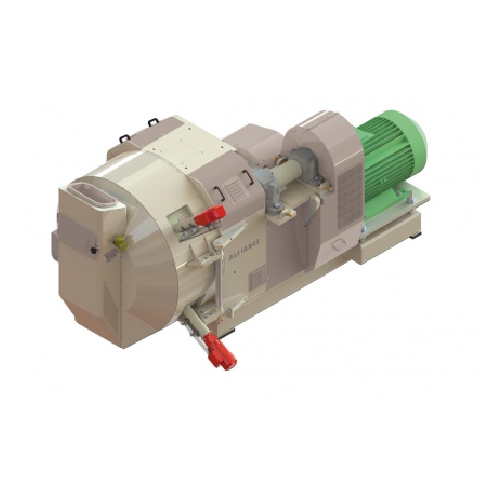
Pellet mill for powdery animal feed products
Maximize plant efficiency and product quality with a versatile pelleting solu...
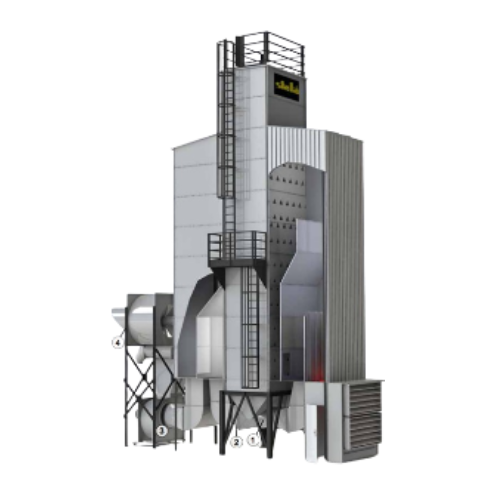
Stationary grain dryer with exhaust air system
Optimize your drying process with a system designed to handle diverse mater...
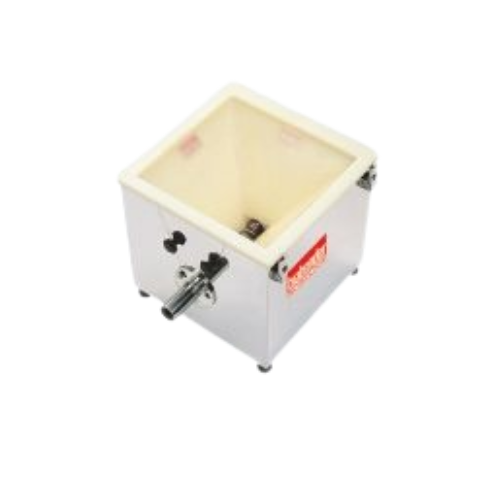
Volumetric feeder for flowable ingredients
Ensure consistent and precise dosing of diverse materials in your production li...
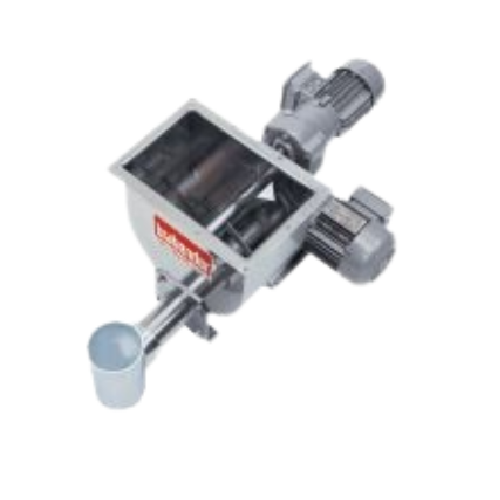
Single screw feeder with stirring agitator for powders and pellets
Ensure consistent mass flow and precise dosing with ...
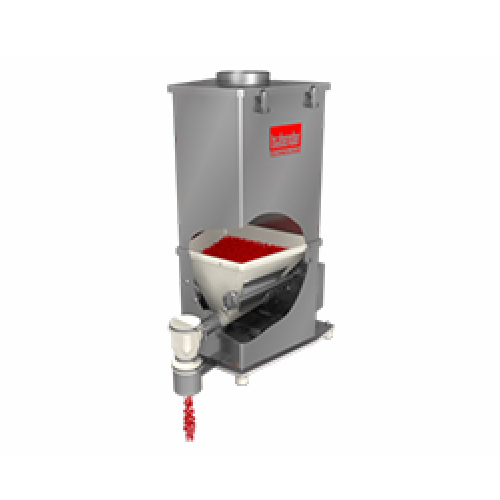
Loss-in-weight feeder for flowable ingredients
Achieve precise ingredient delivery with this feeder, designed to handle a ...
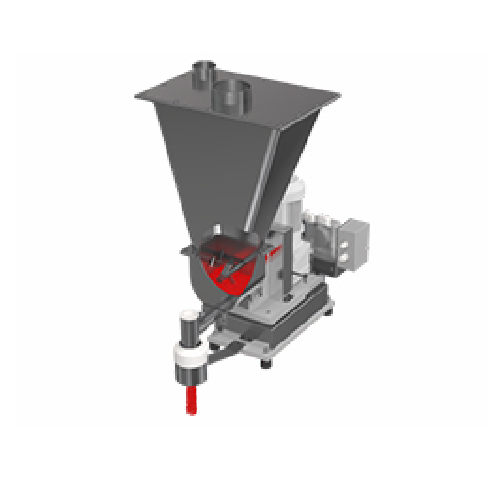
Single screw batch feeder with stirring agitator for powders and pellets
Ensure precise ingredient control and consiste...
